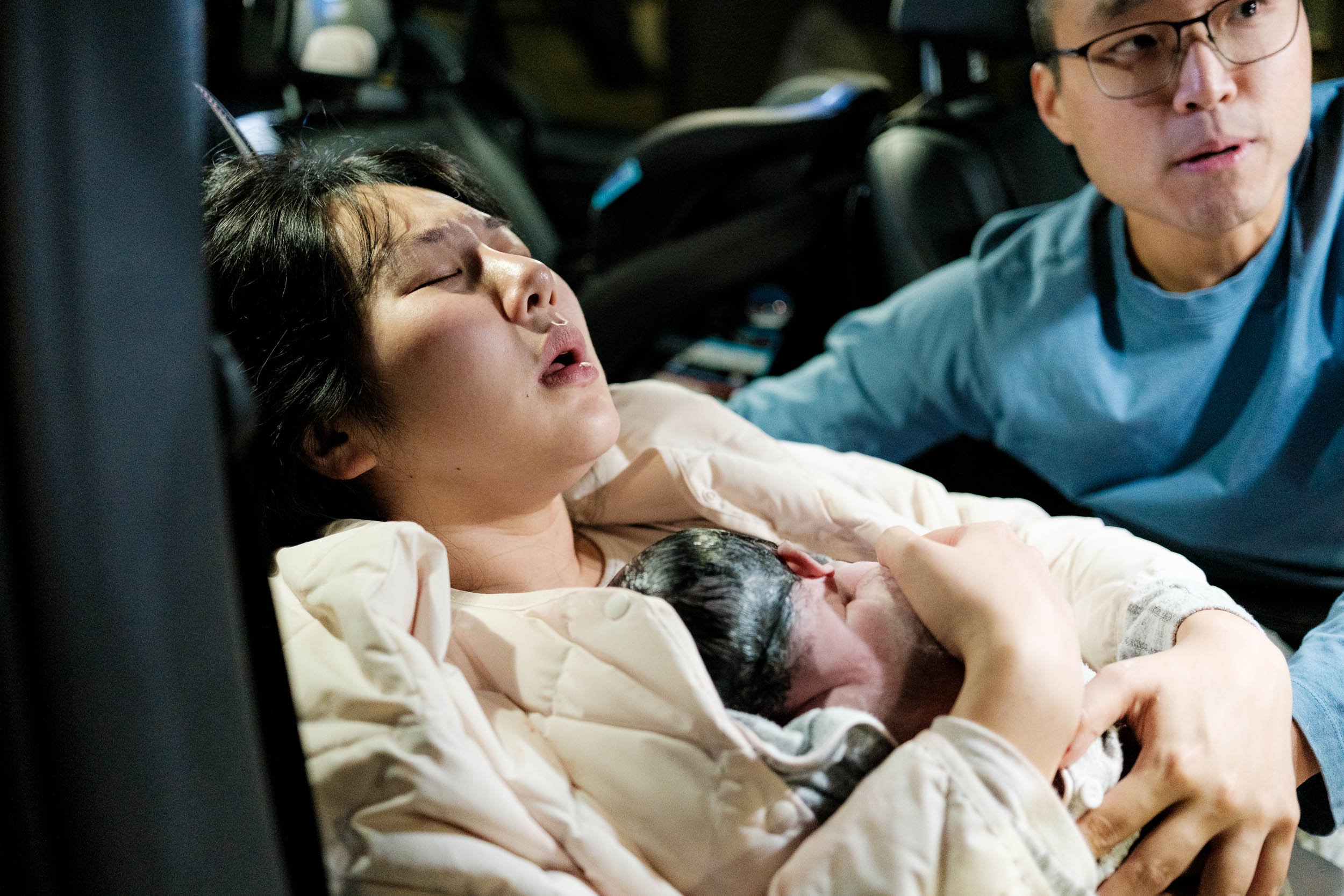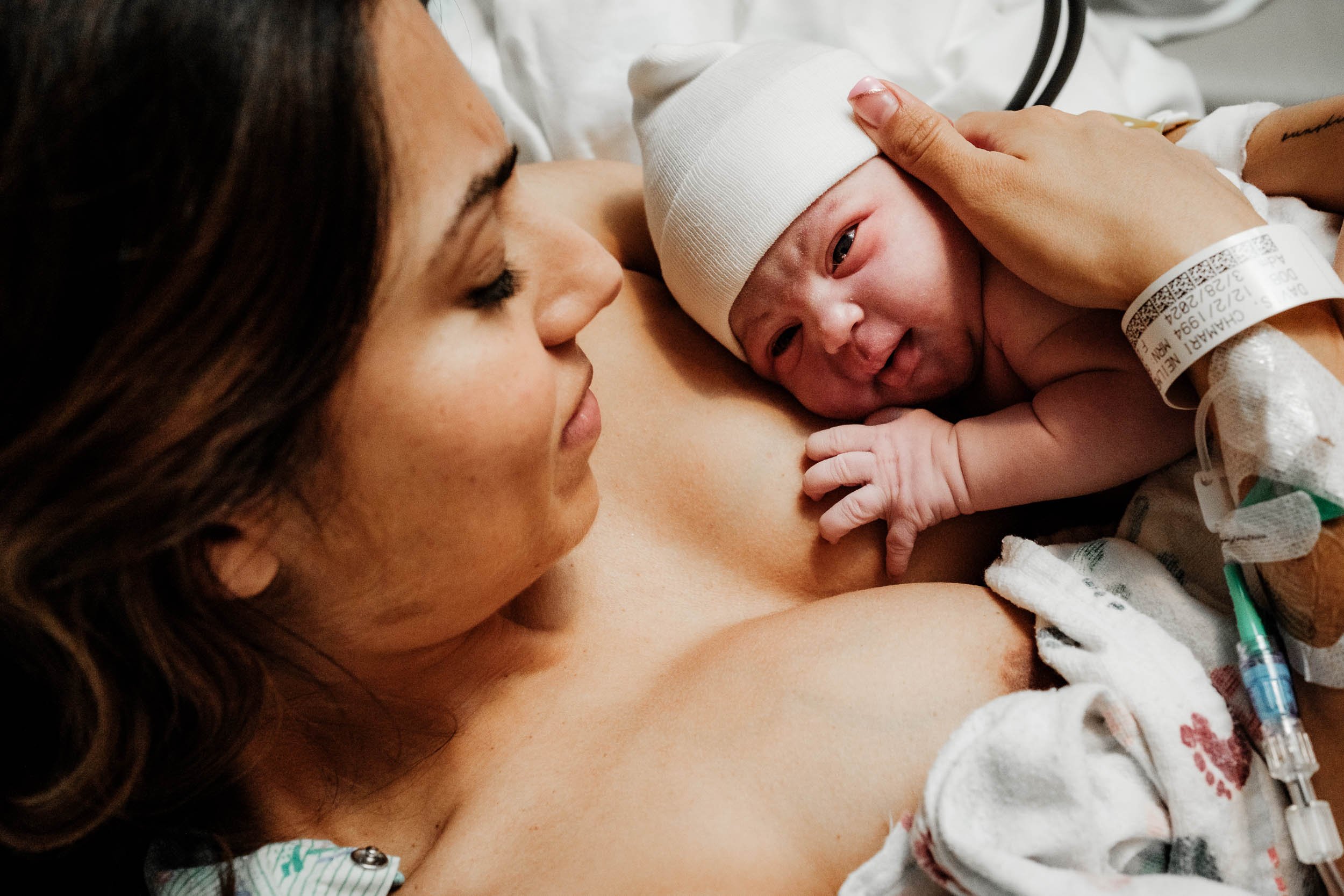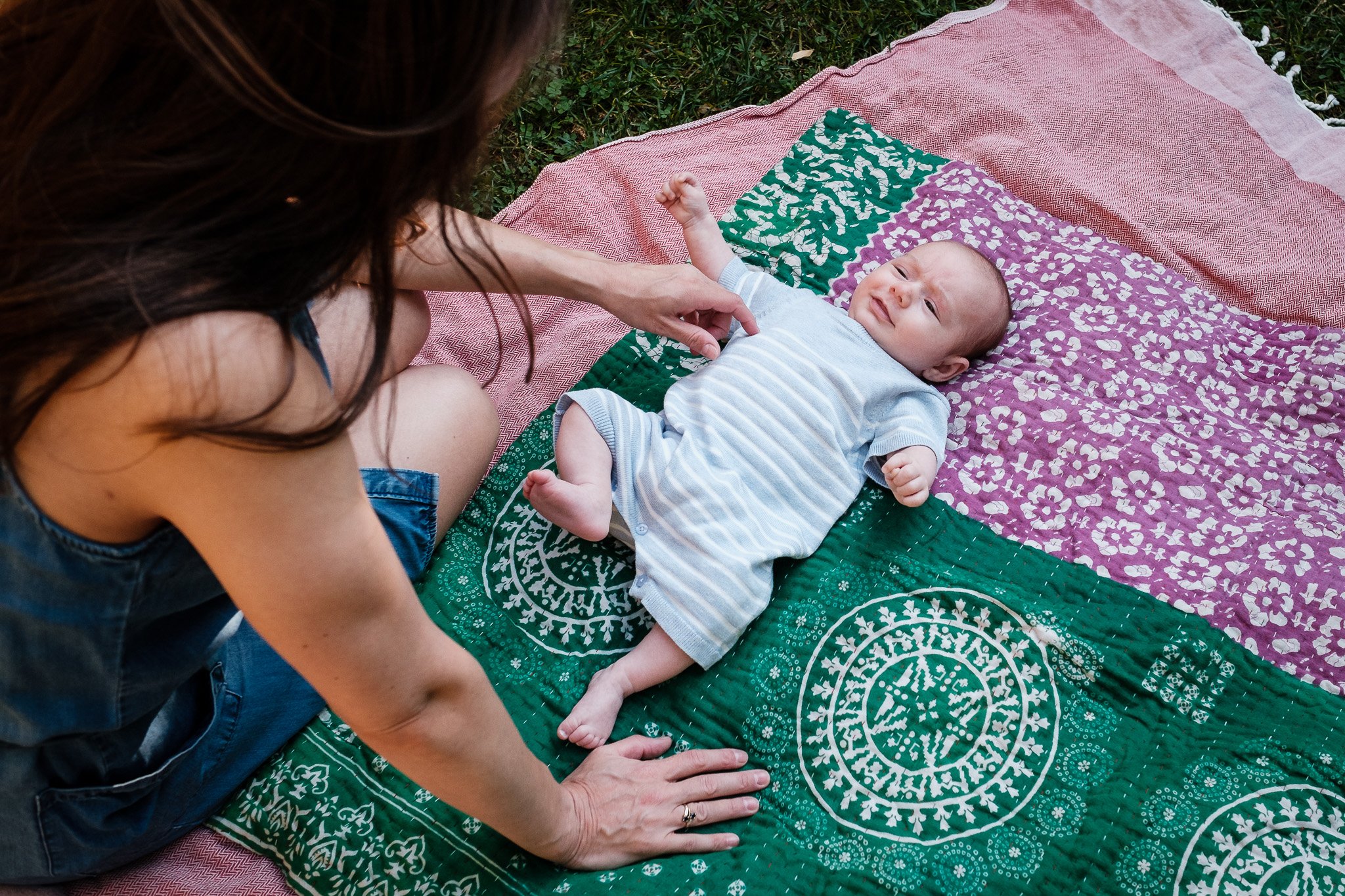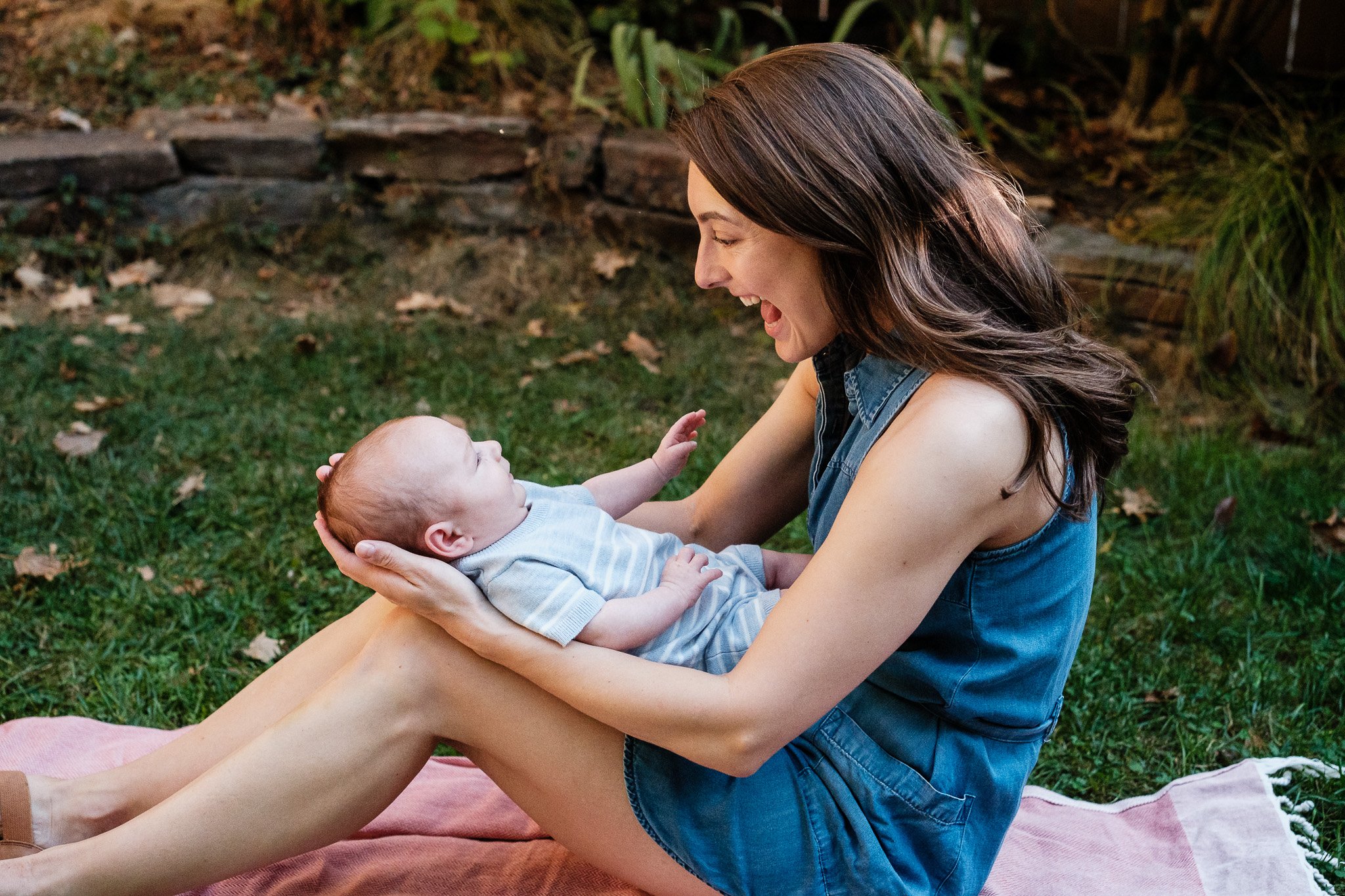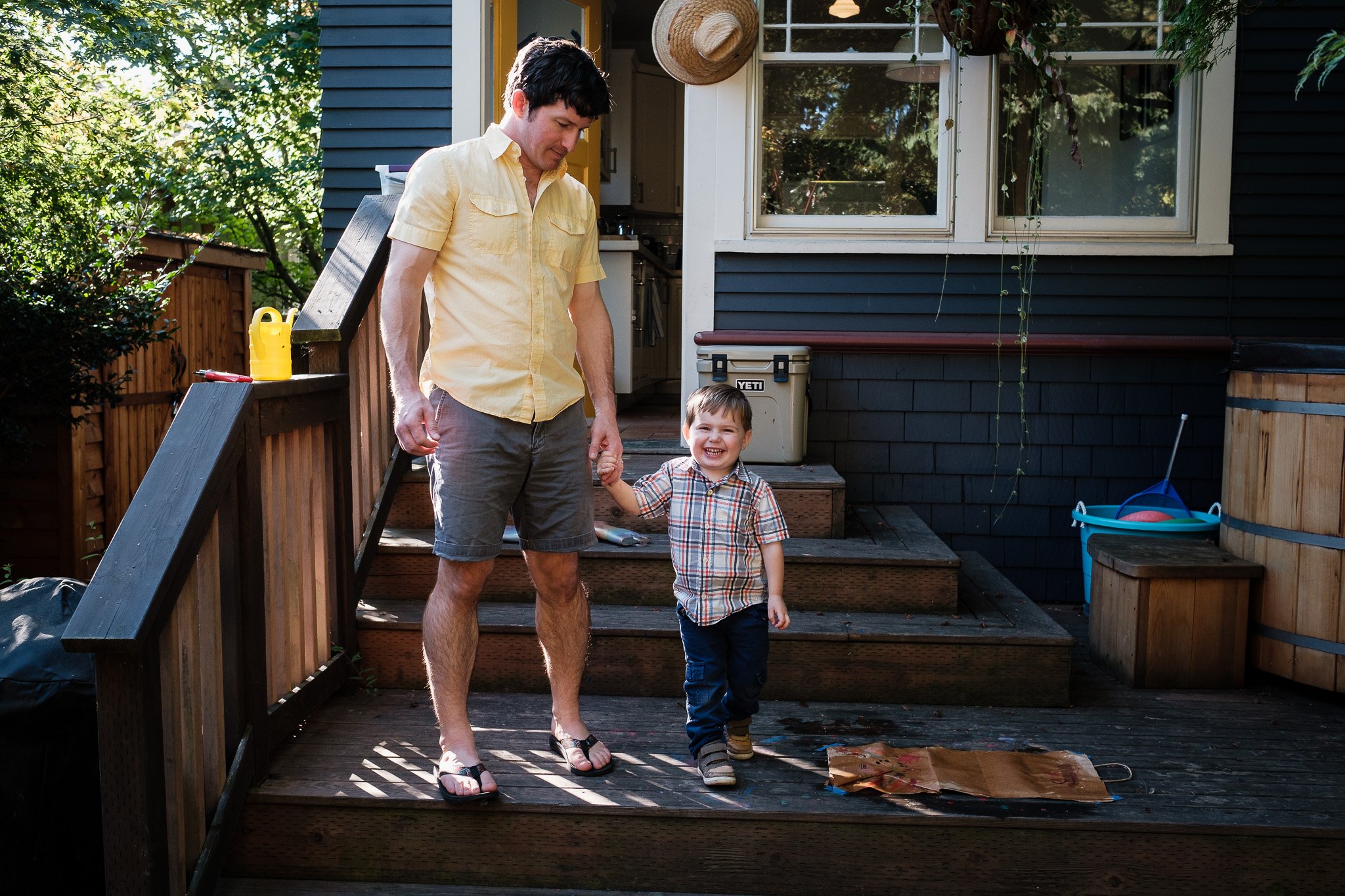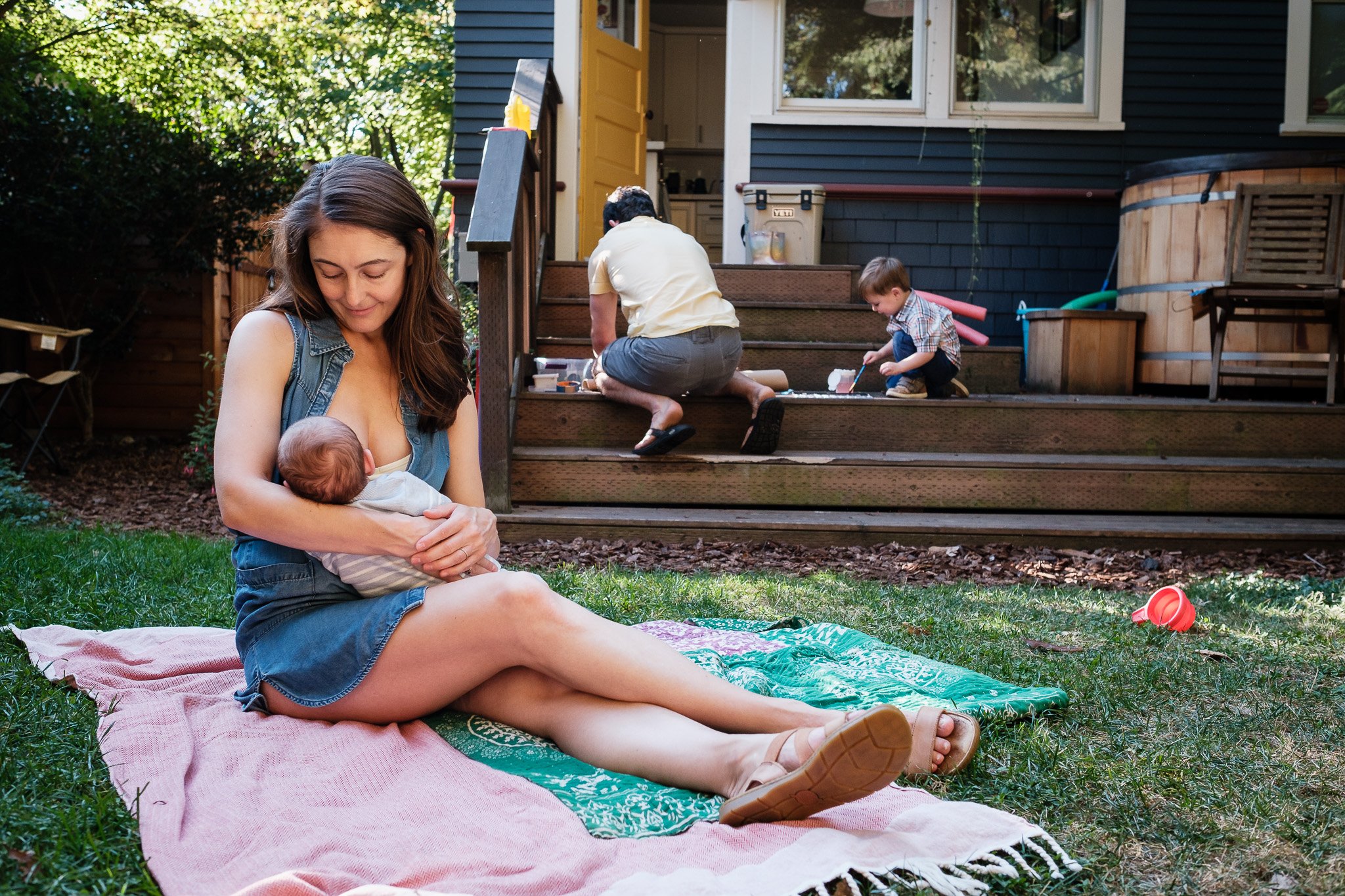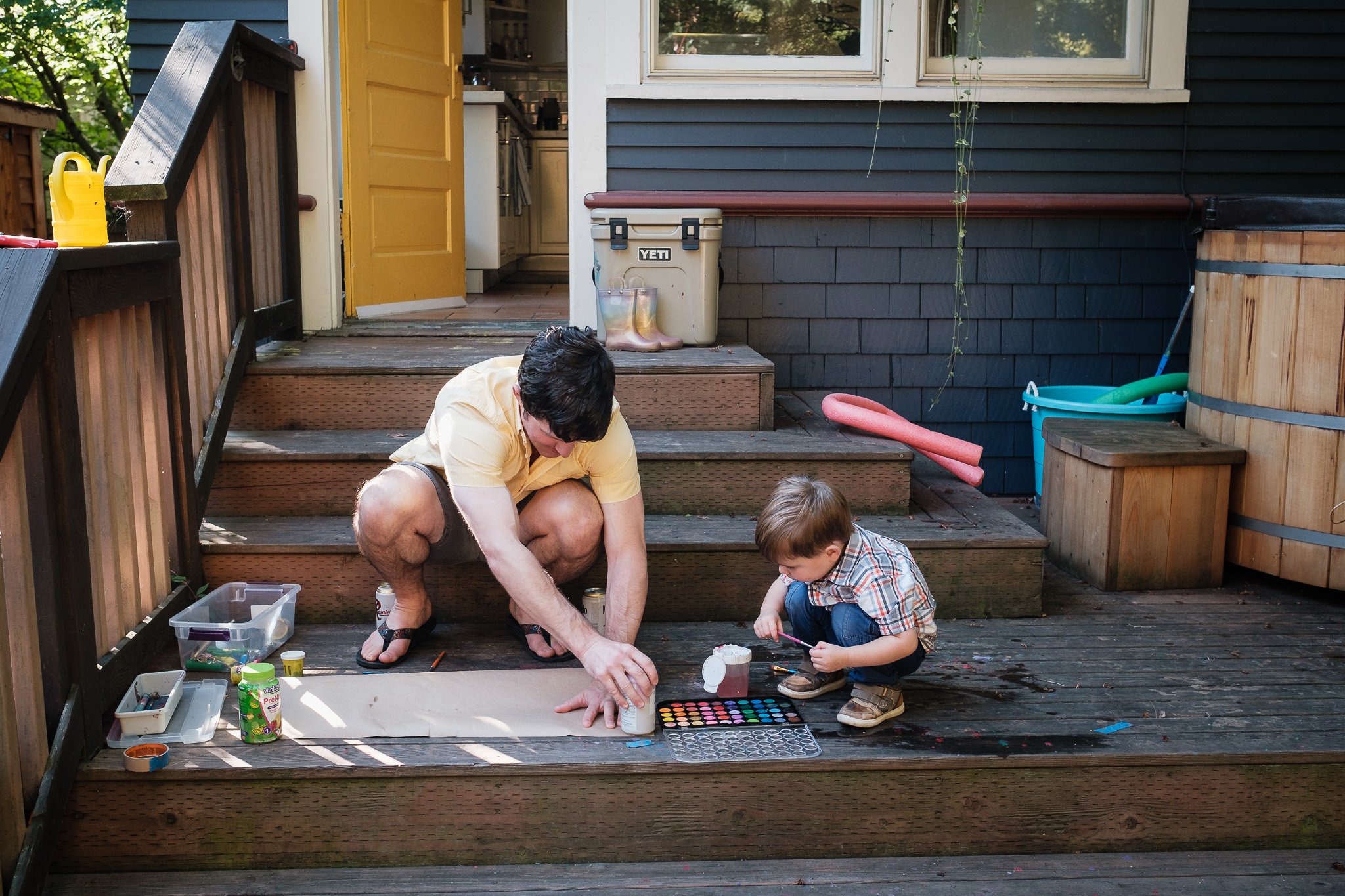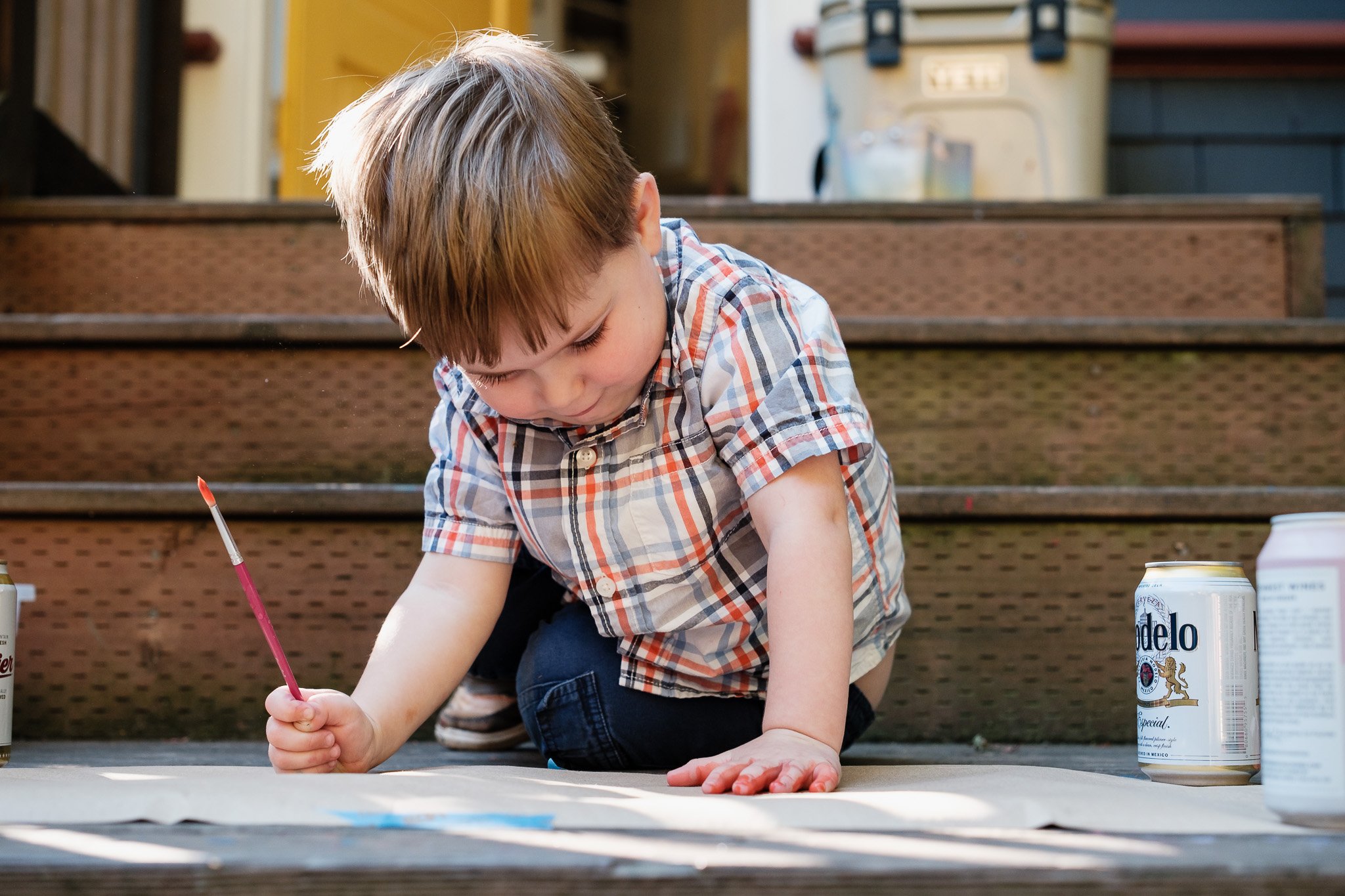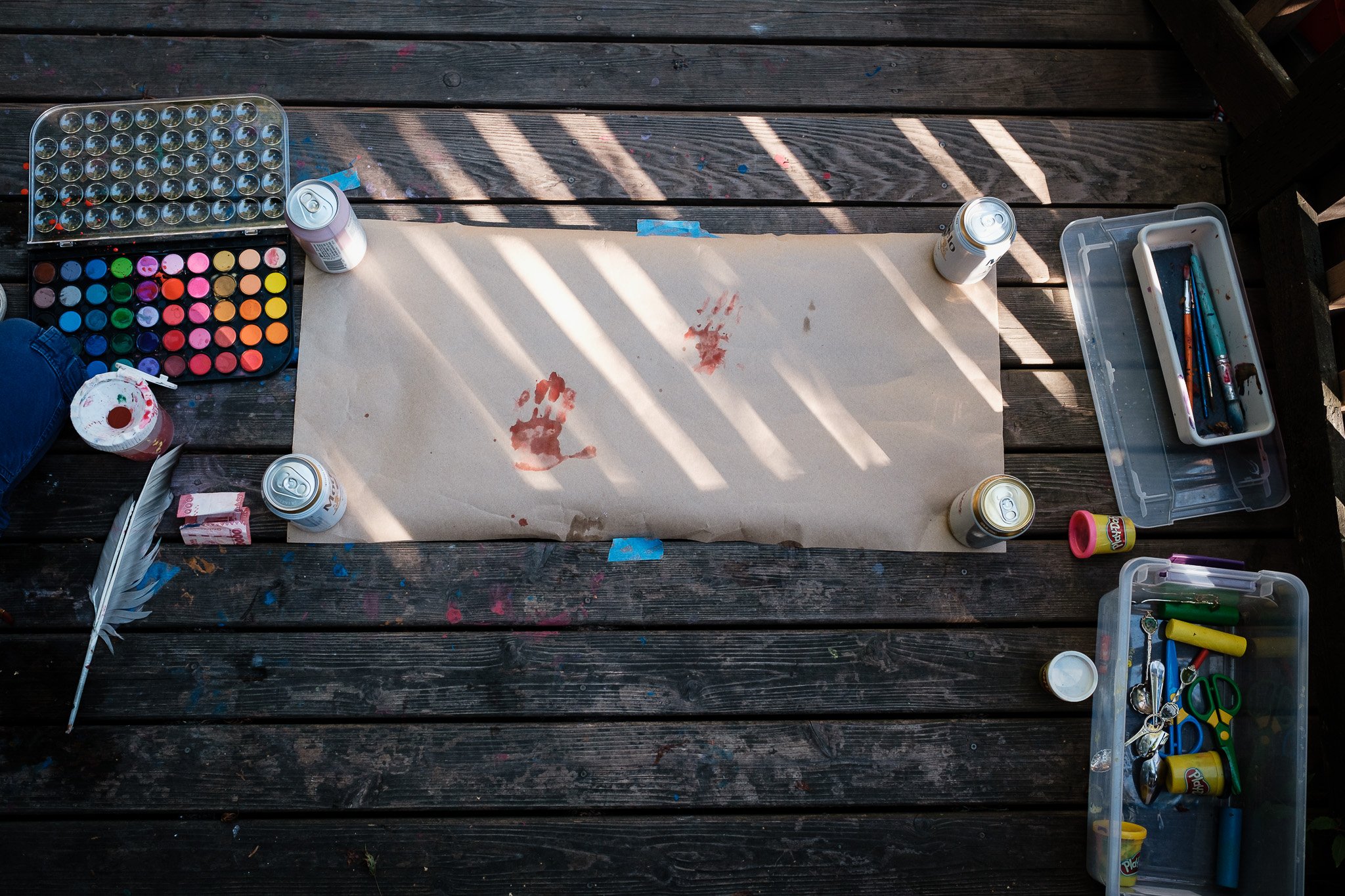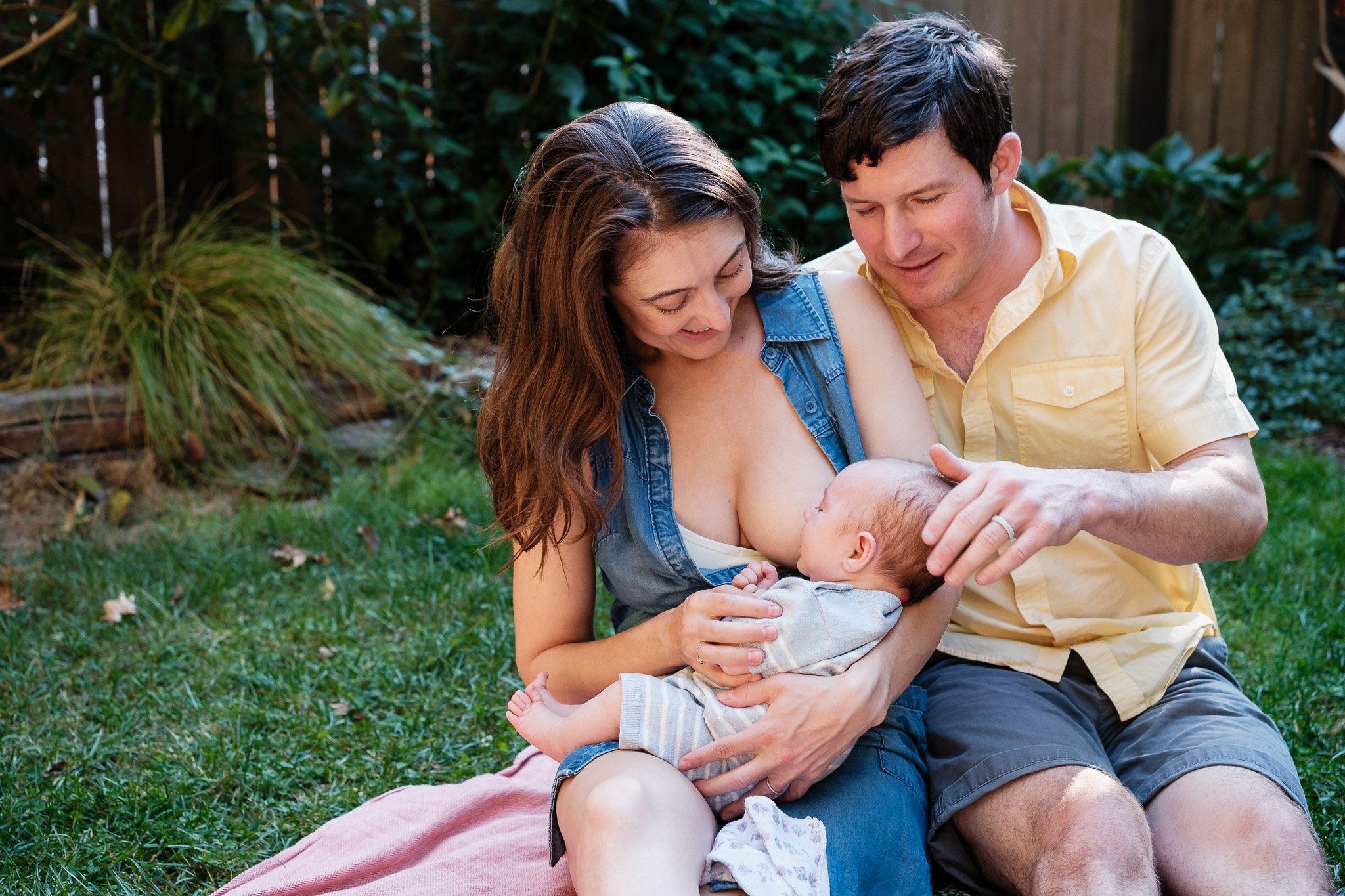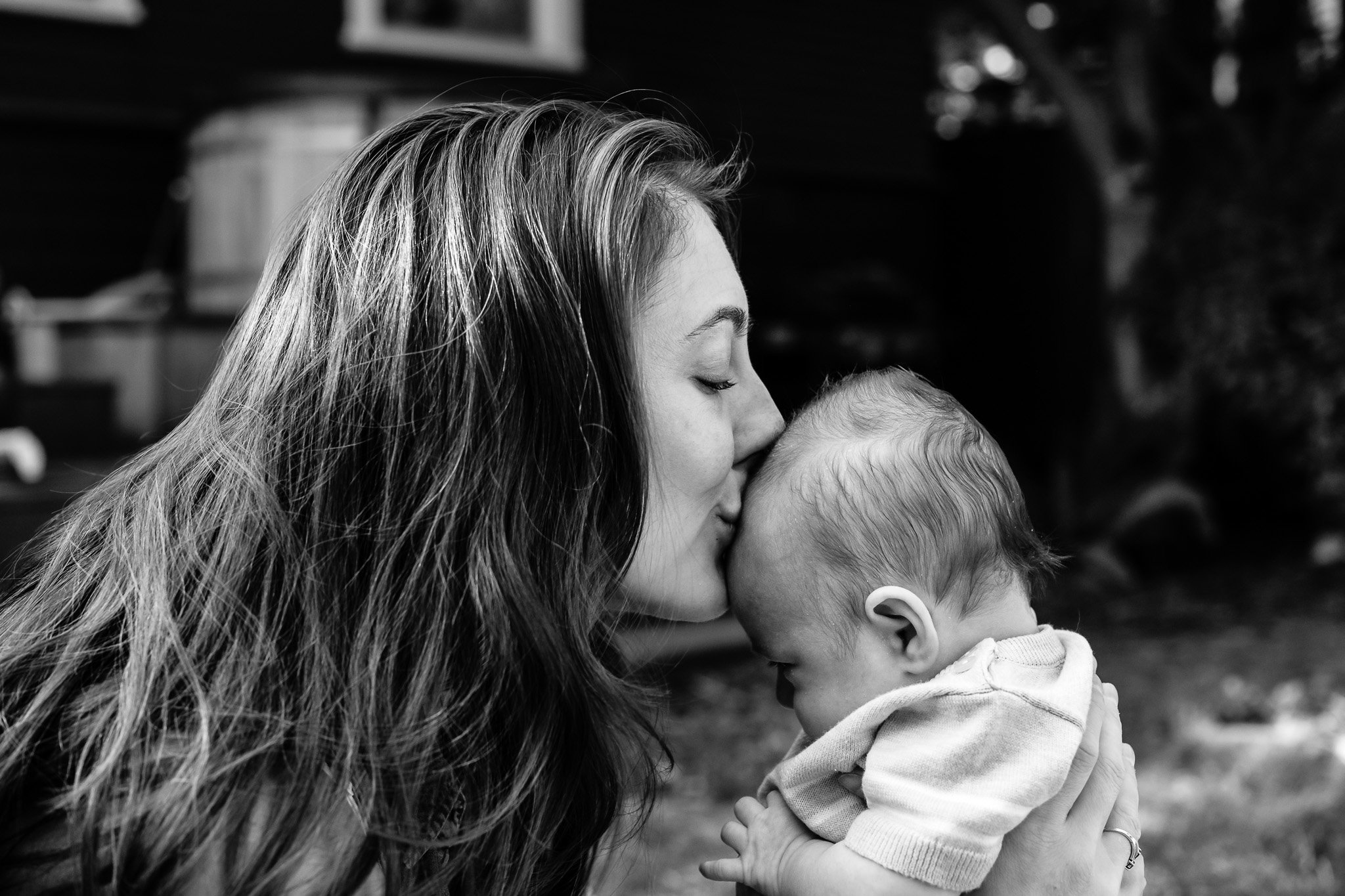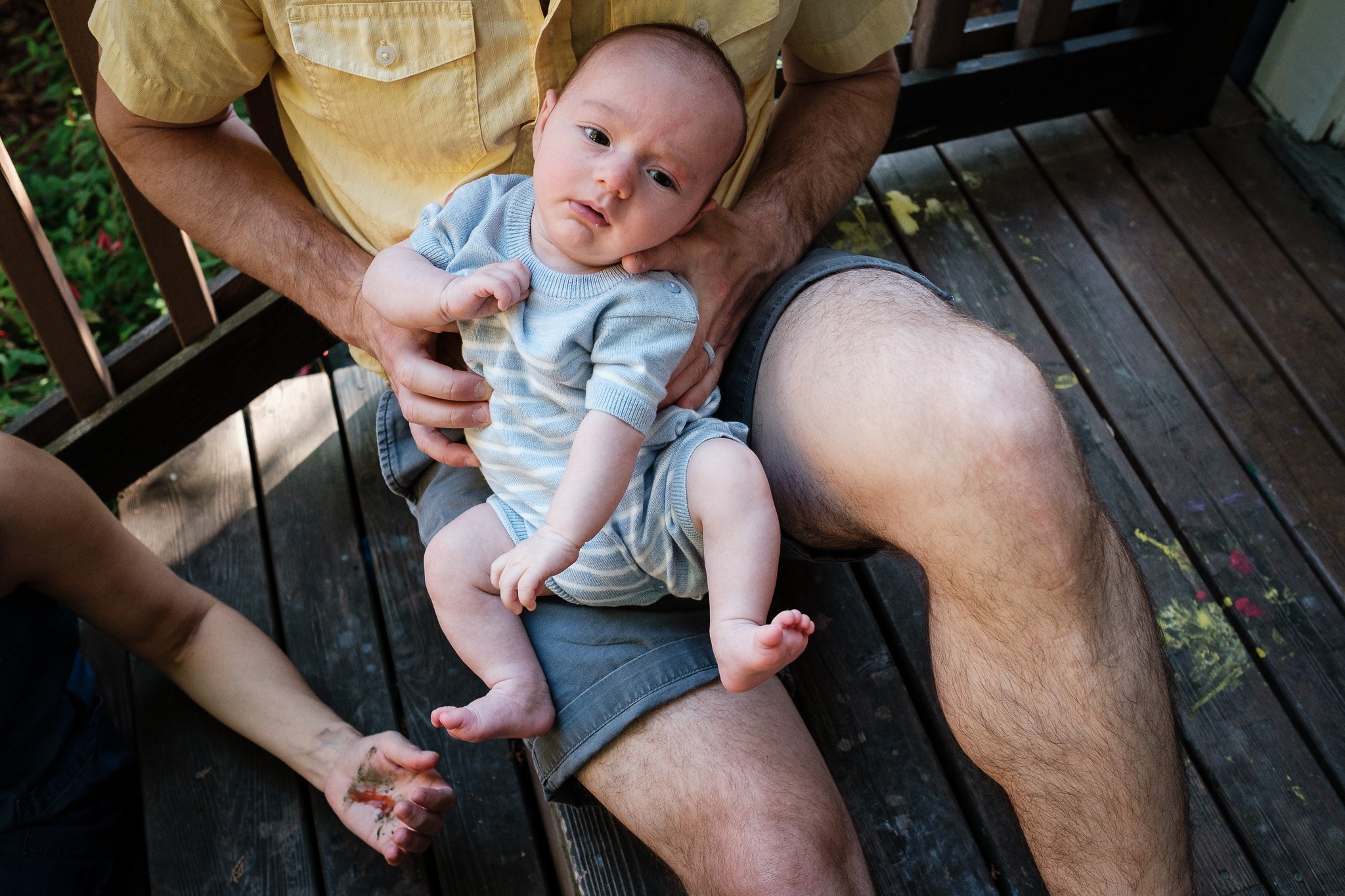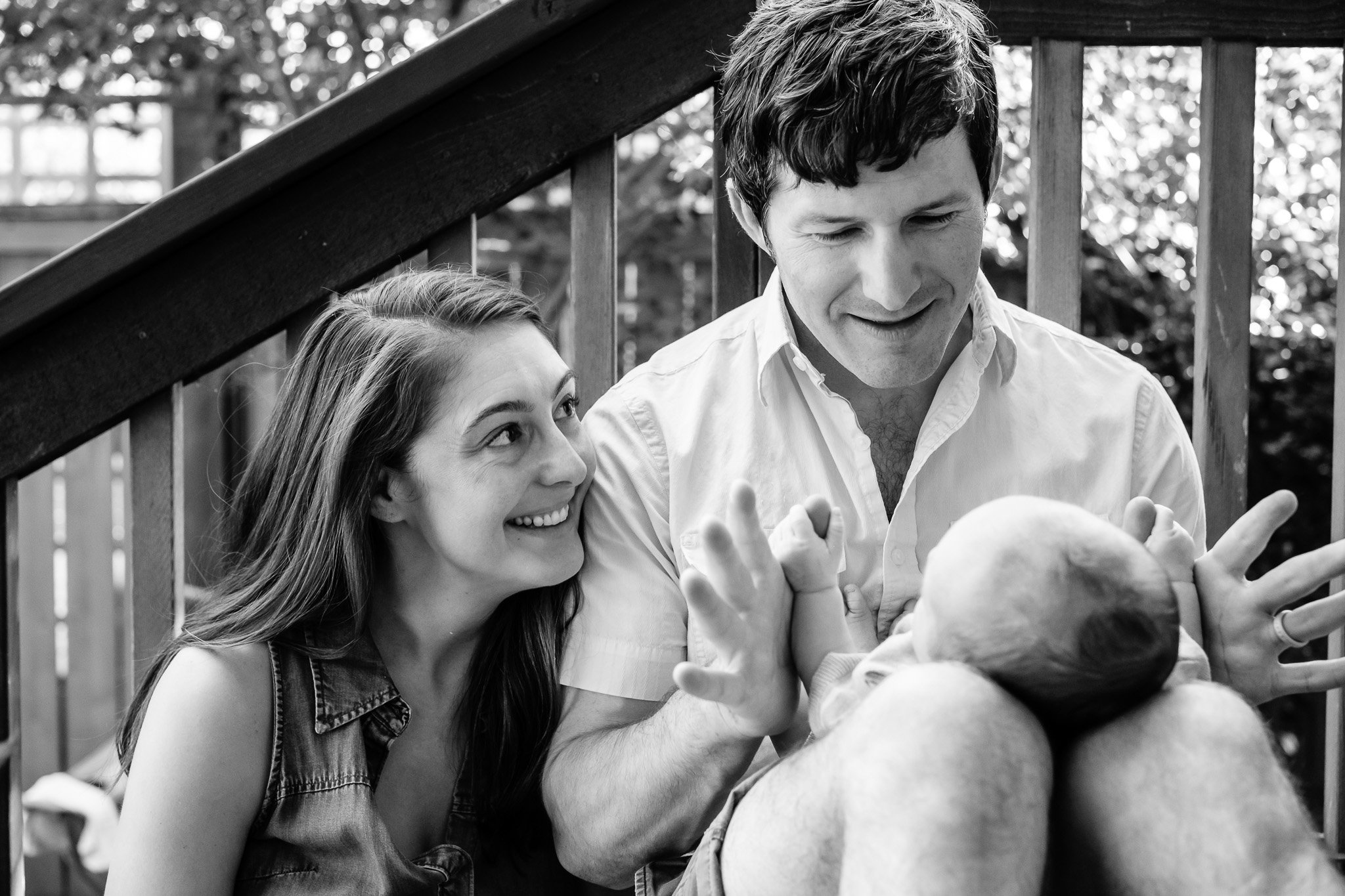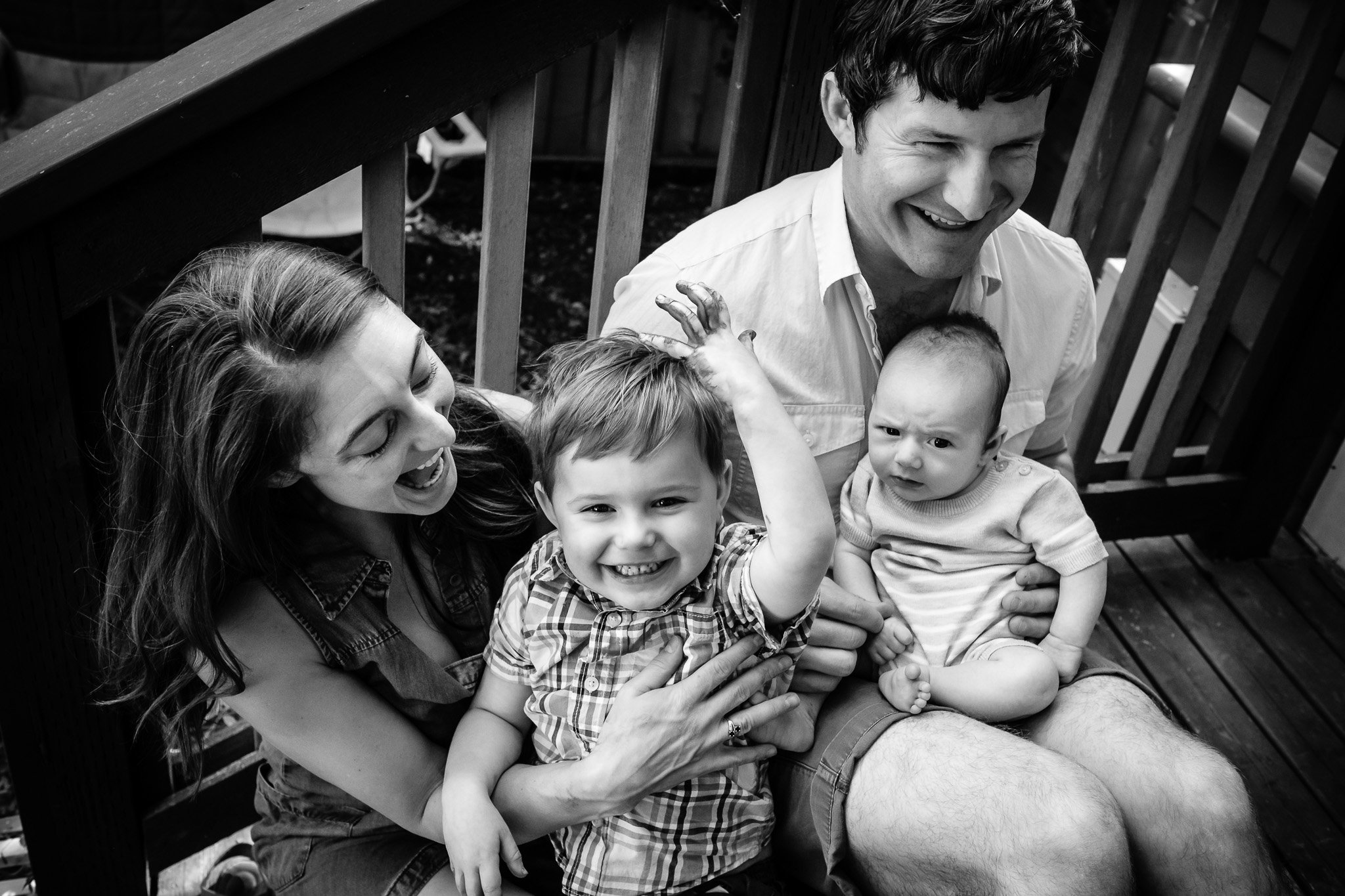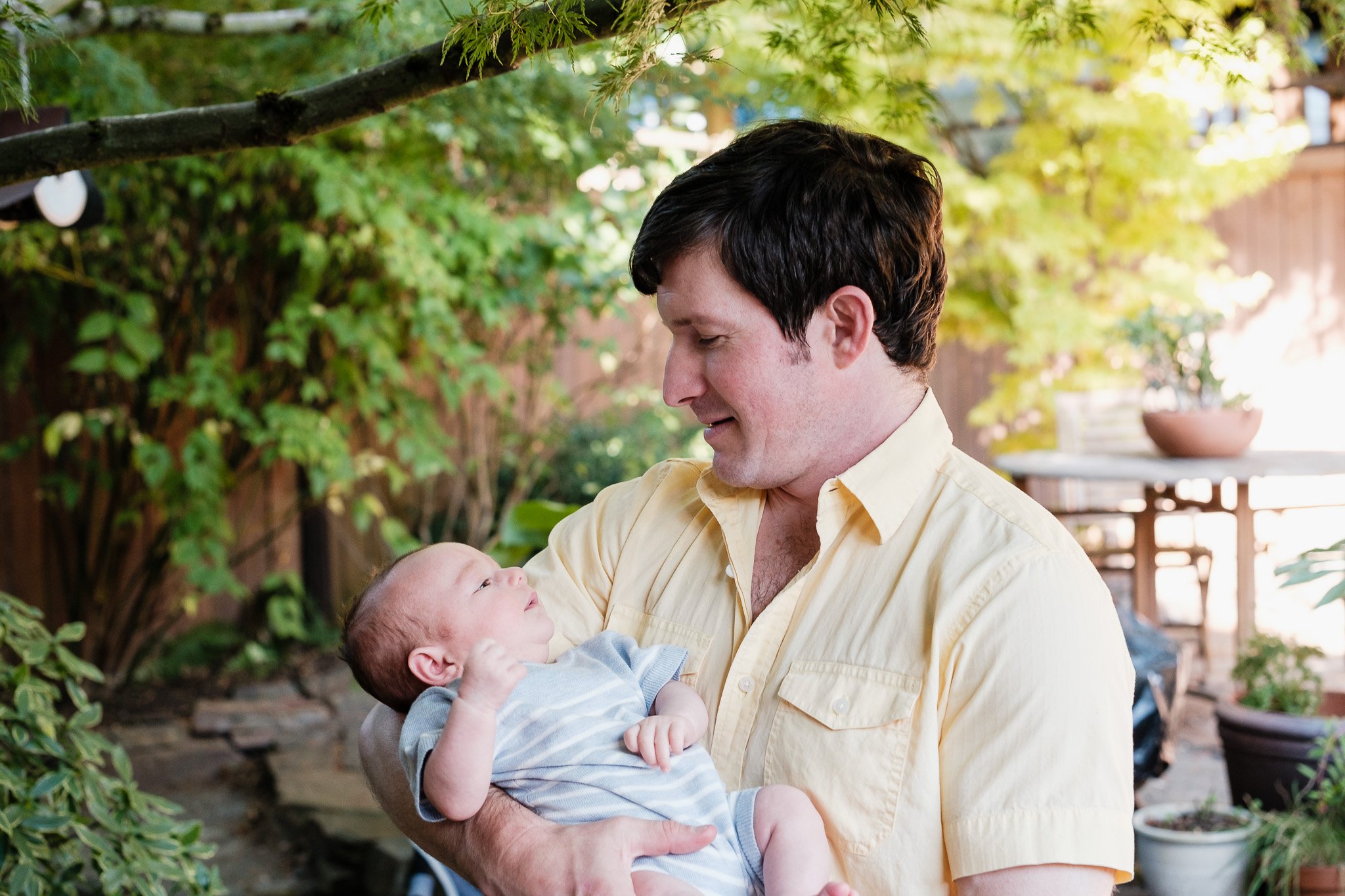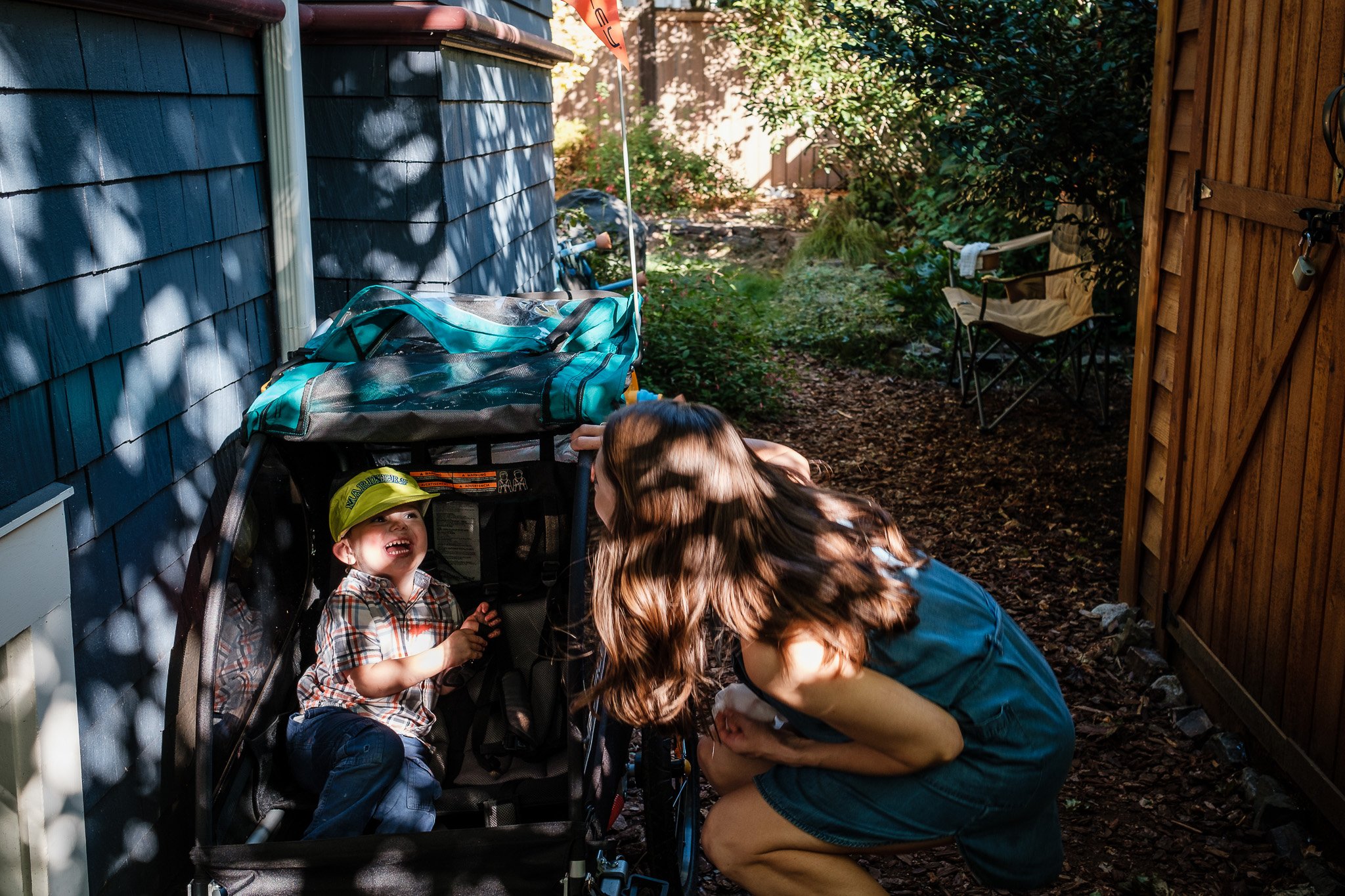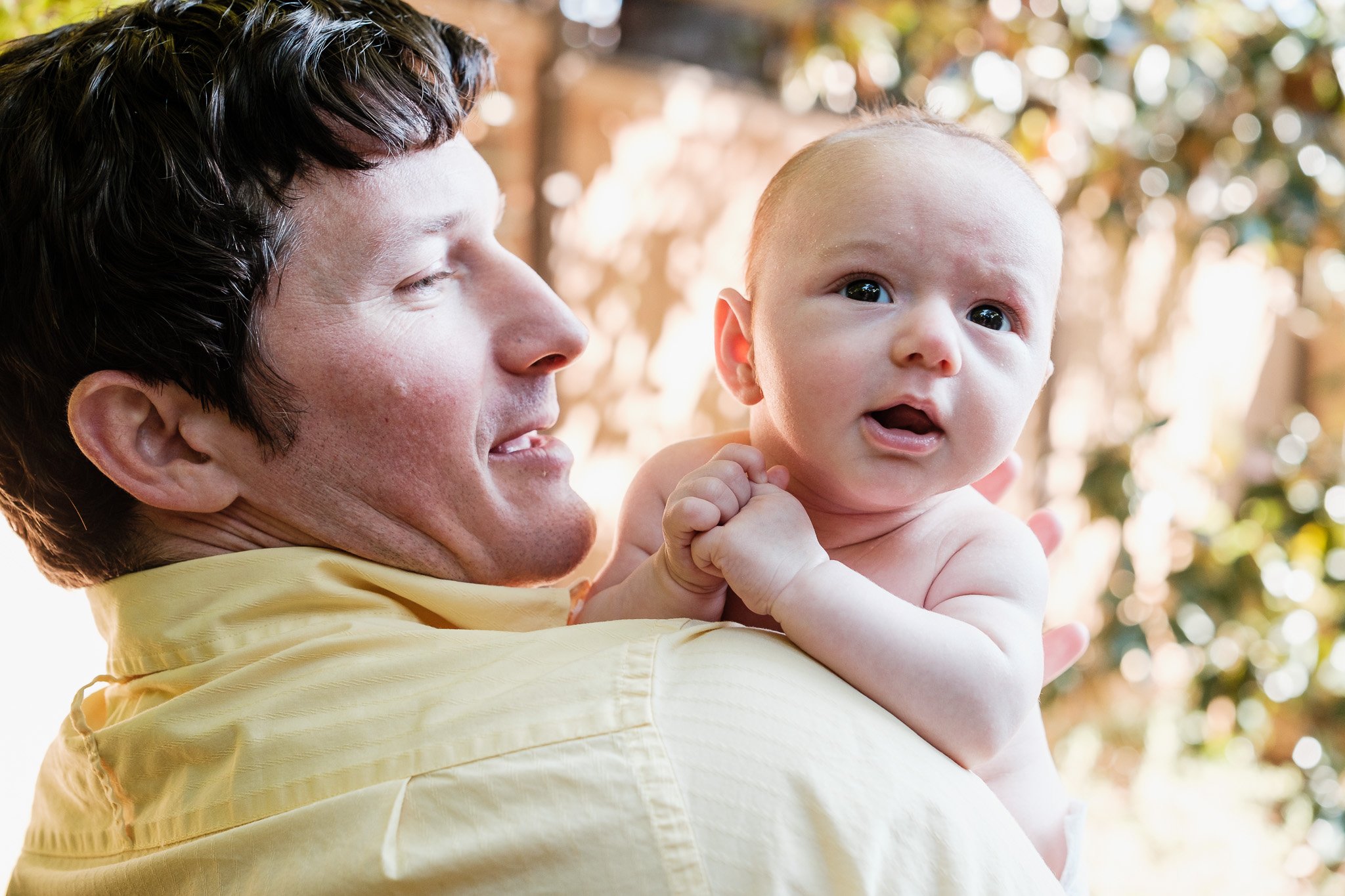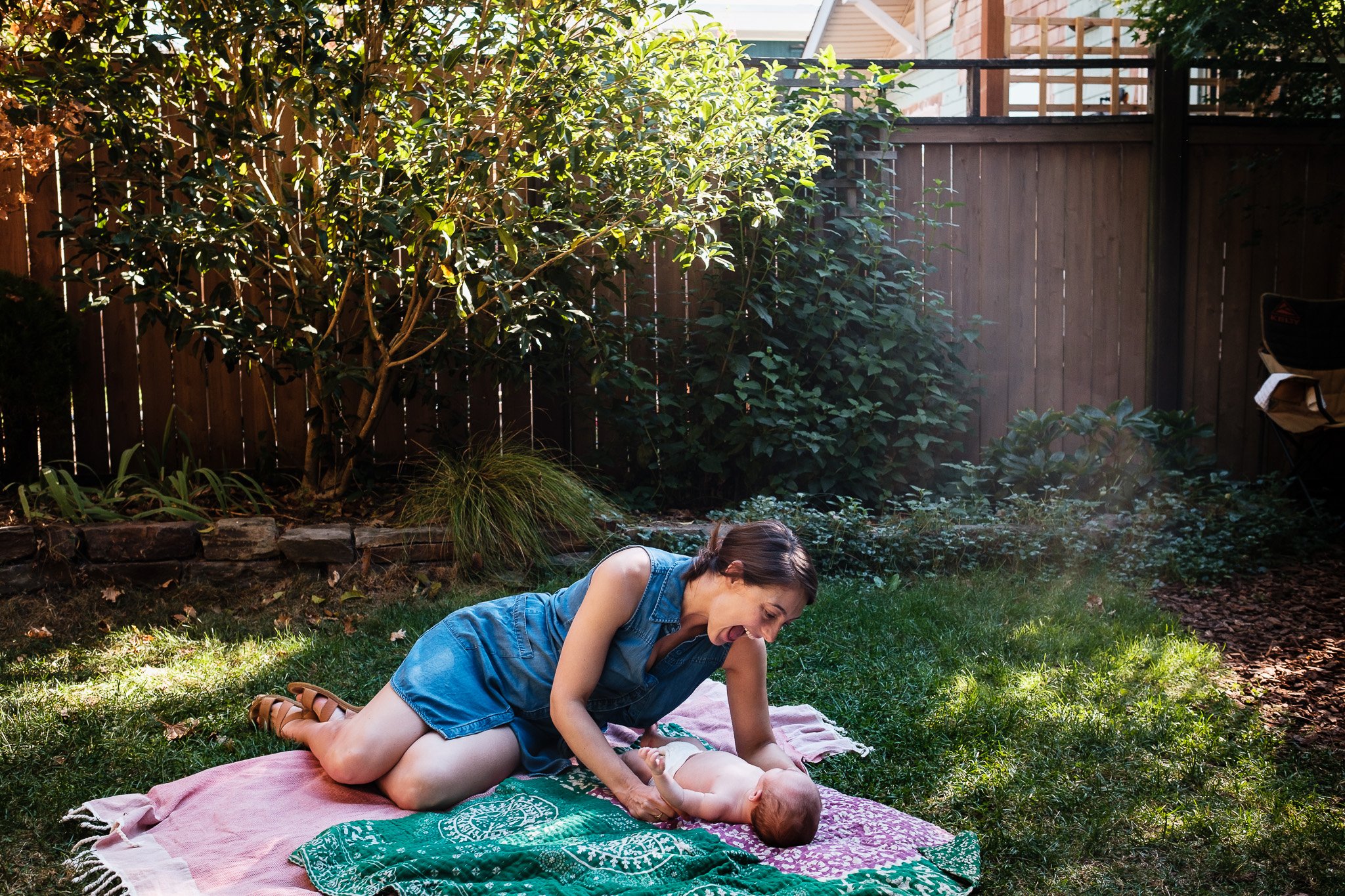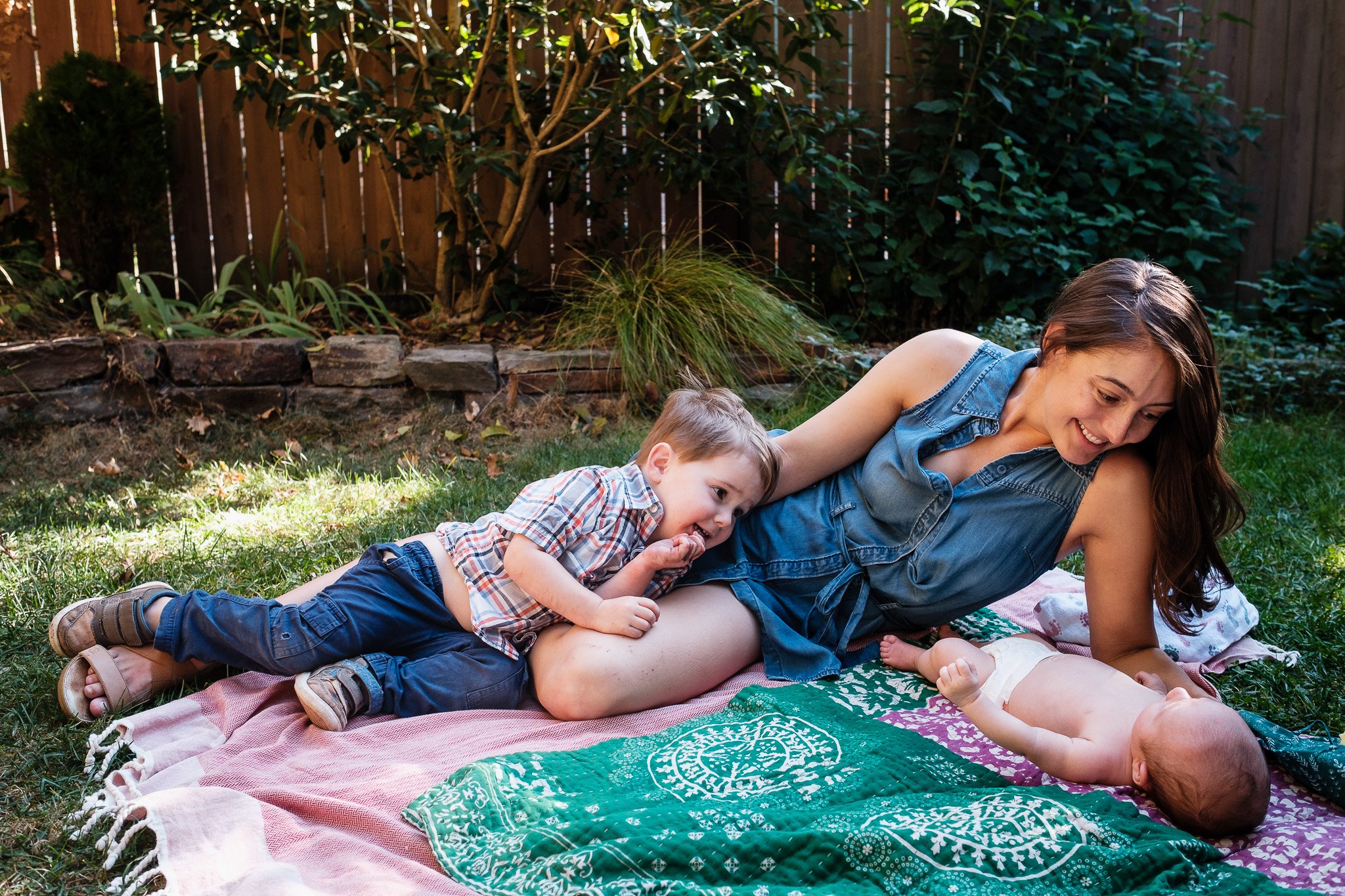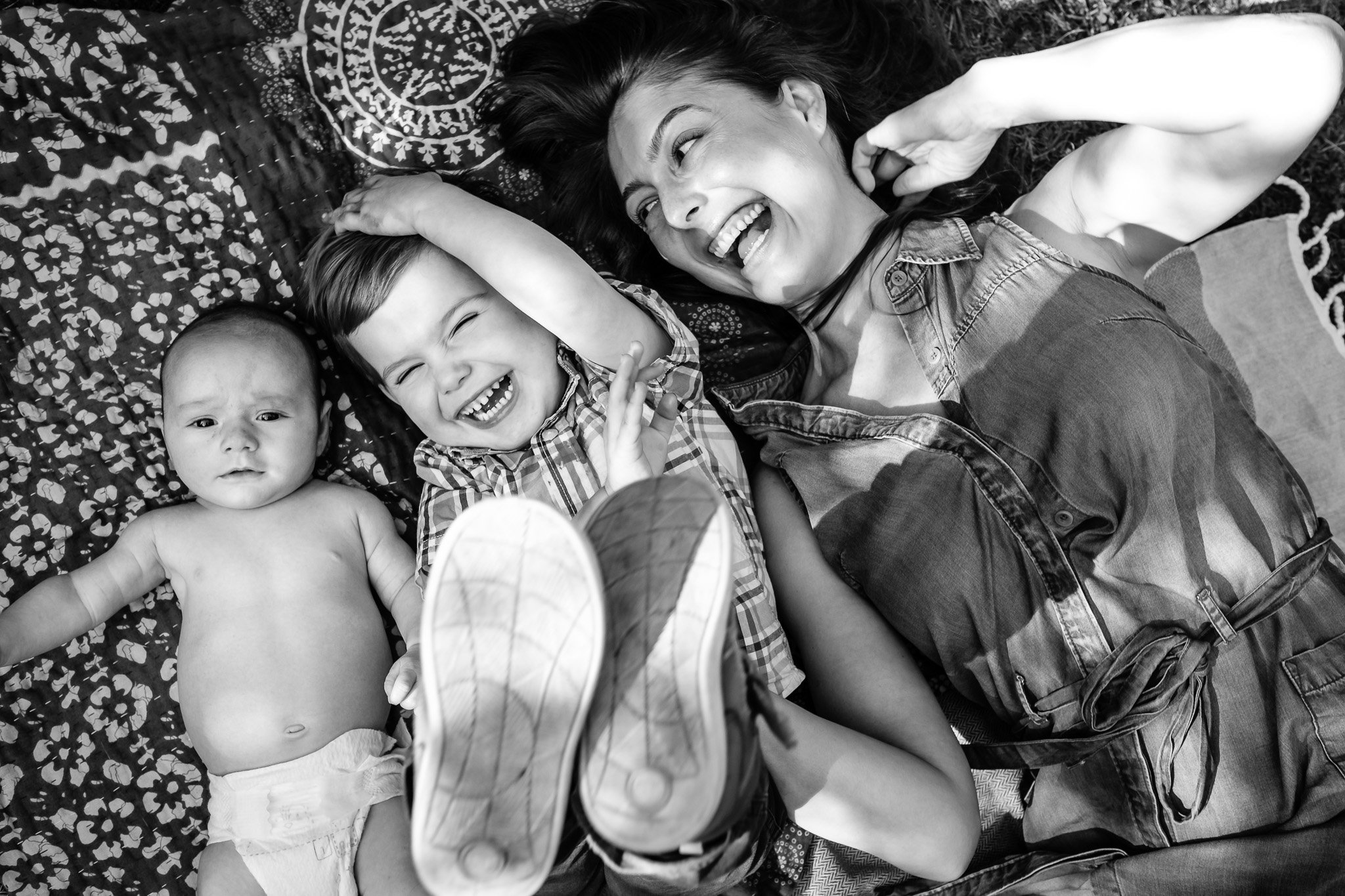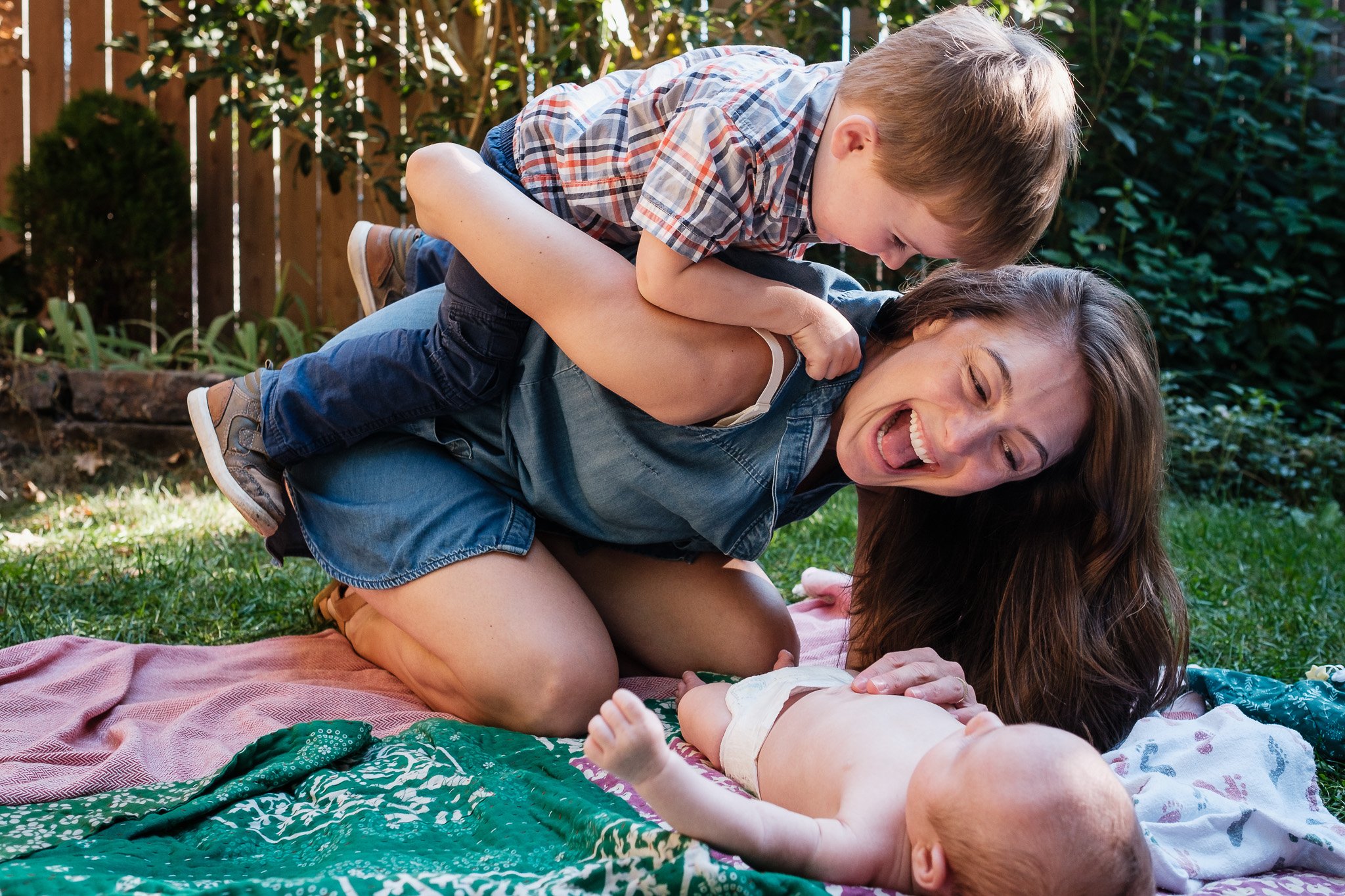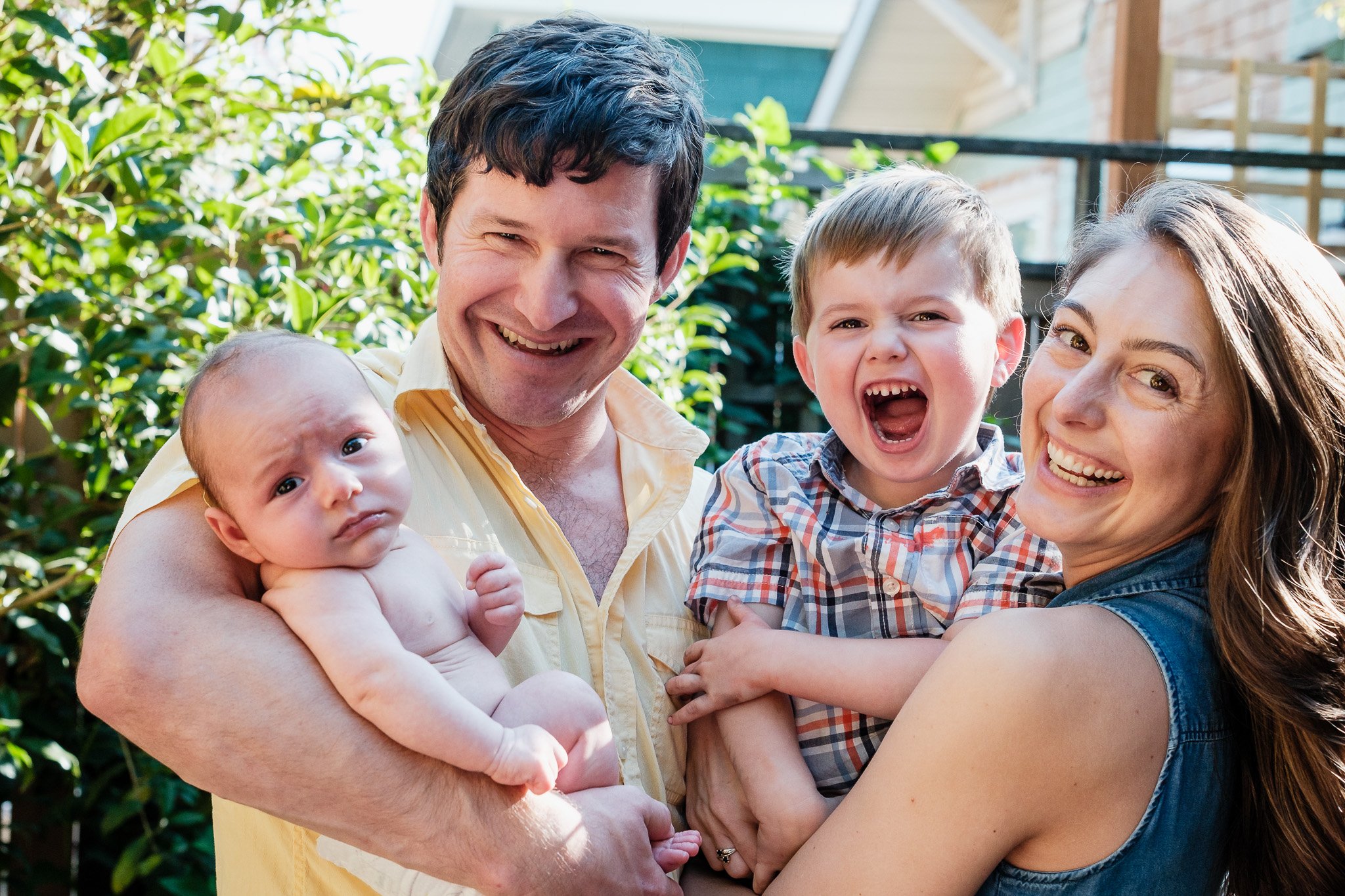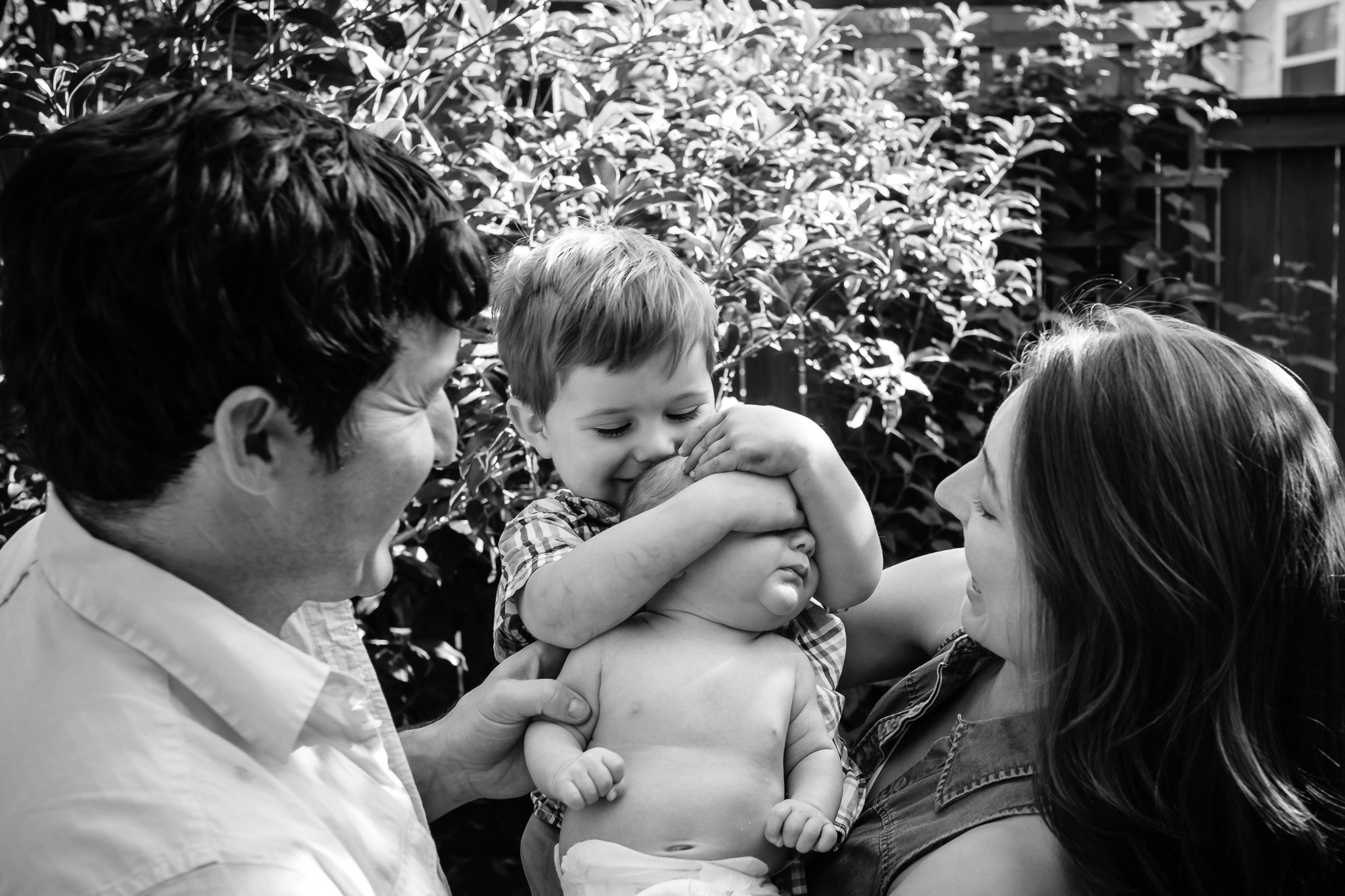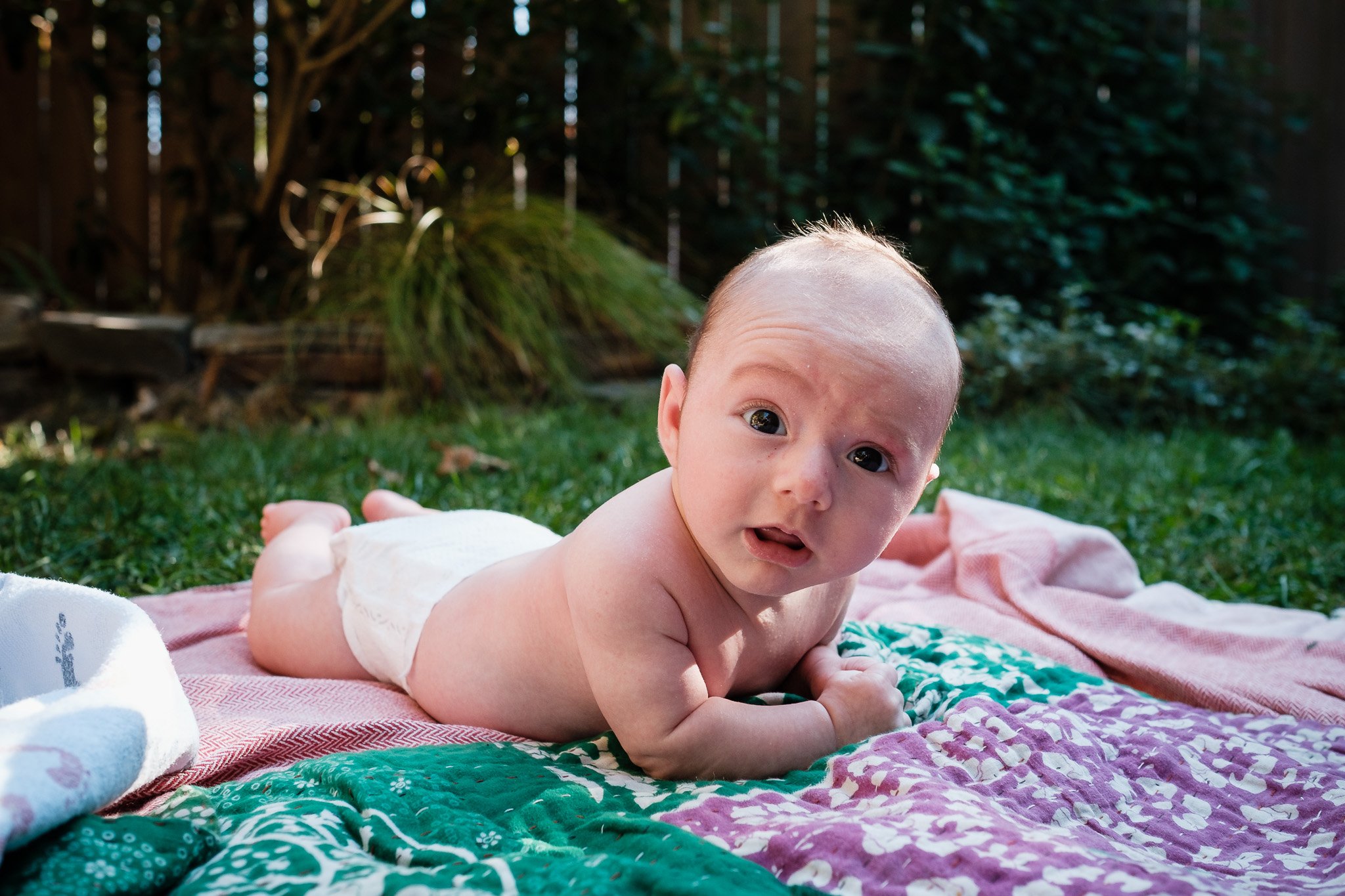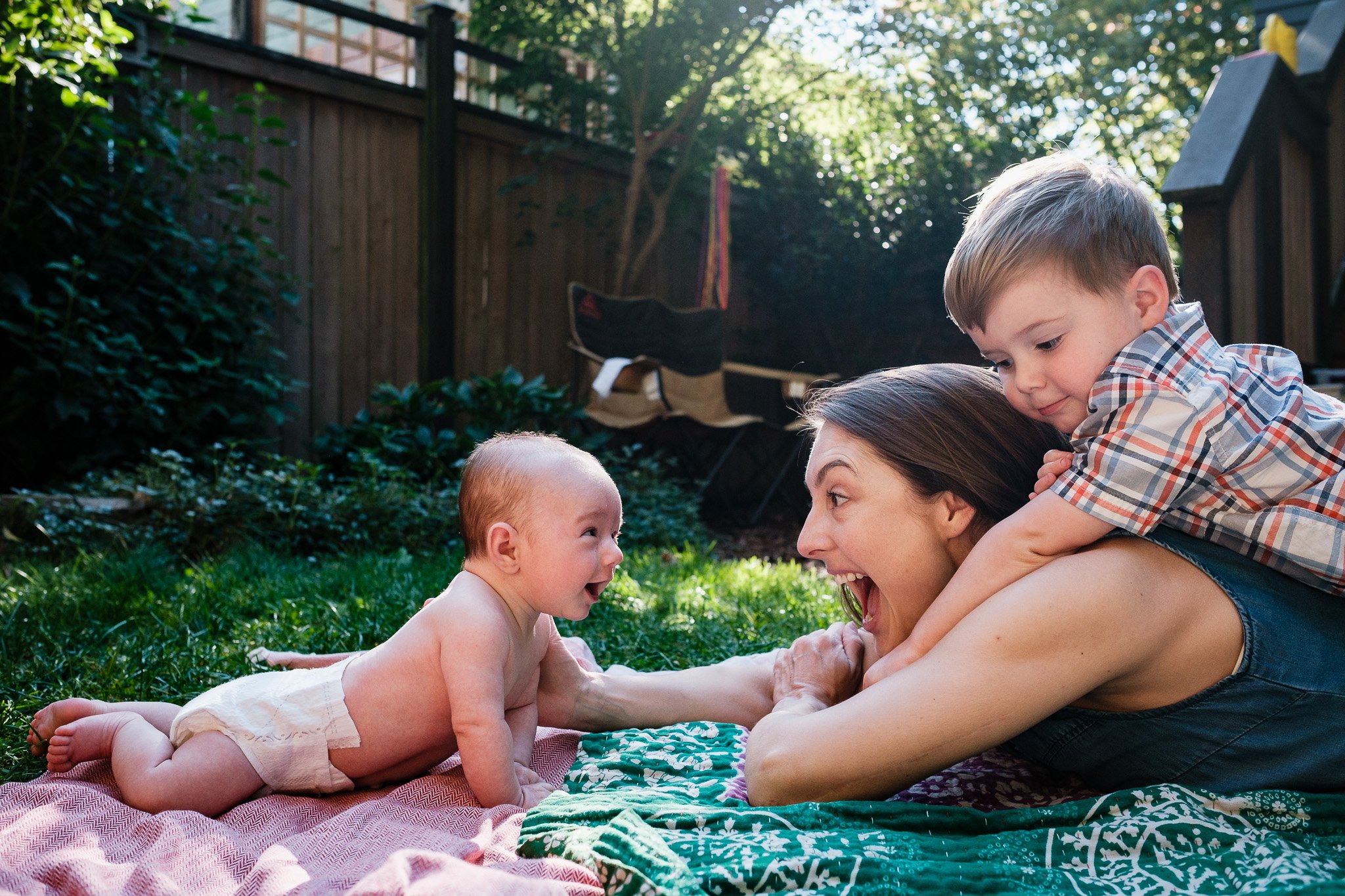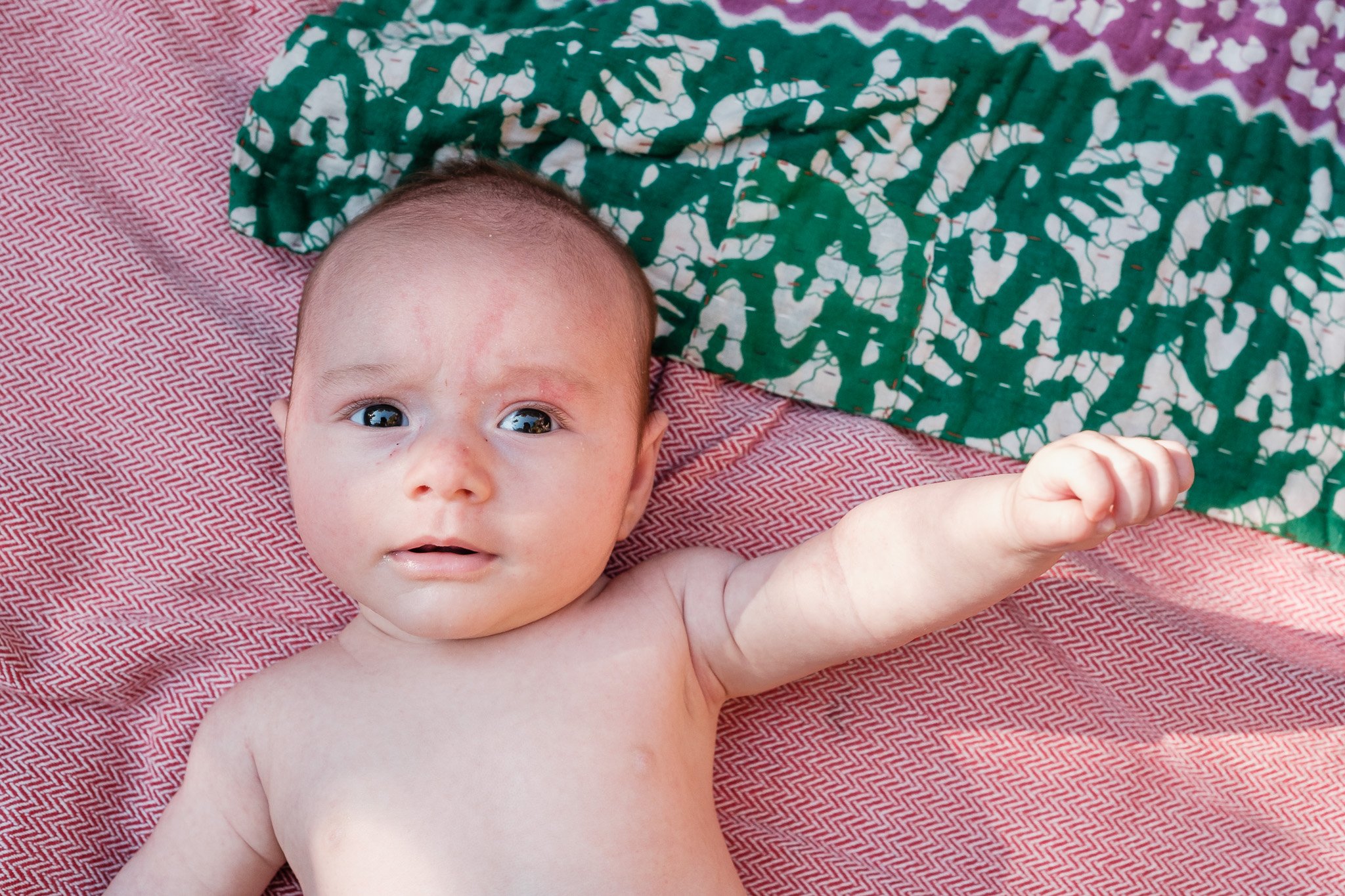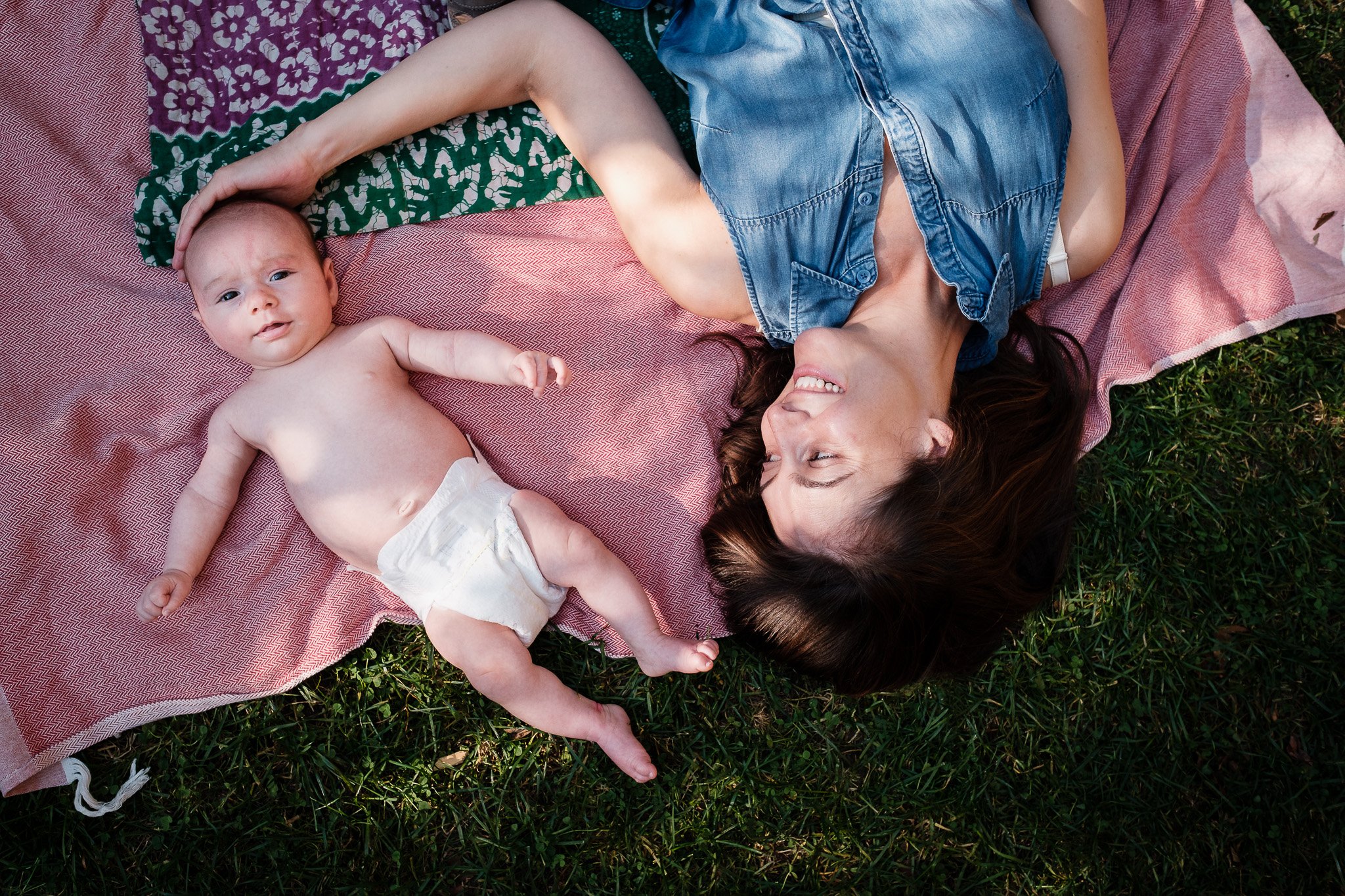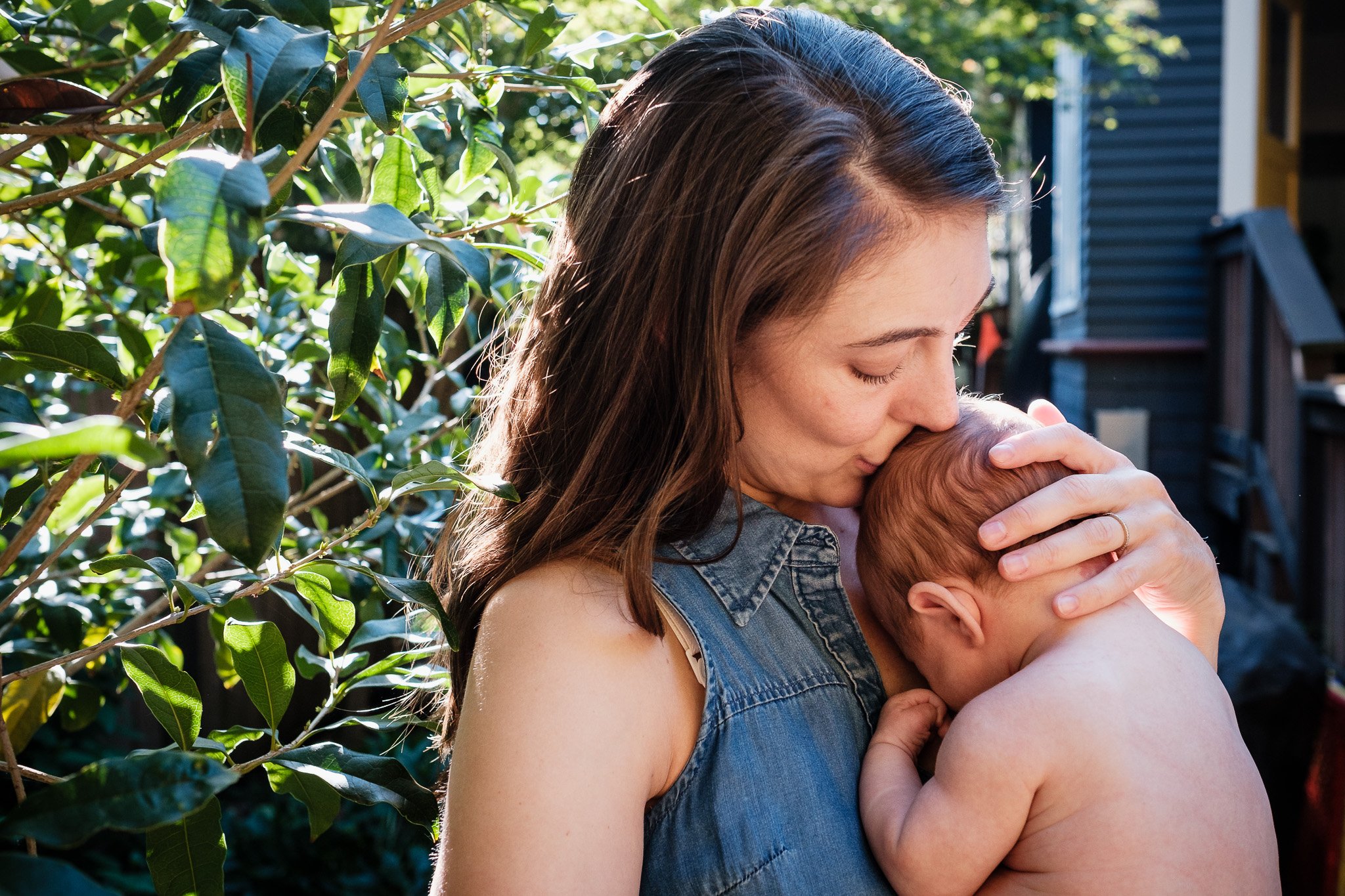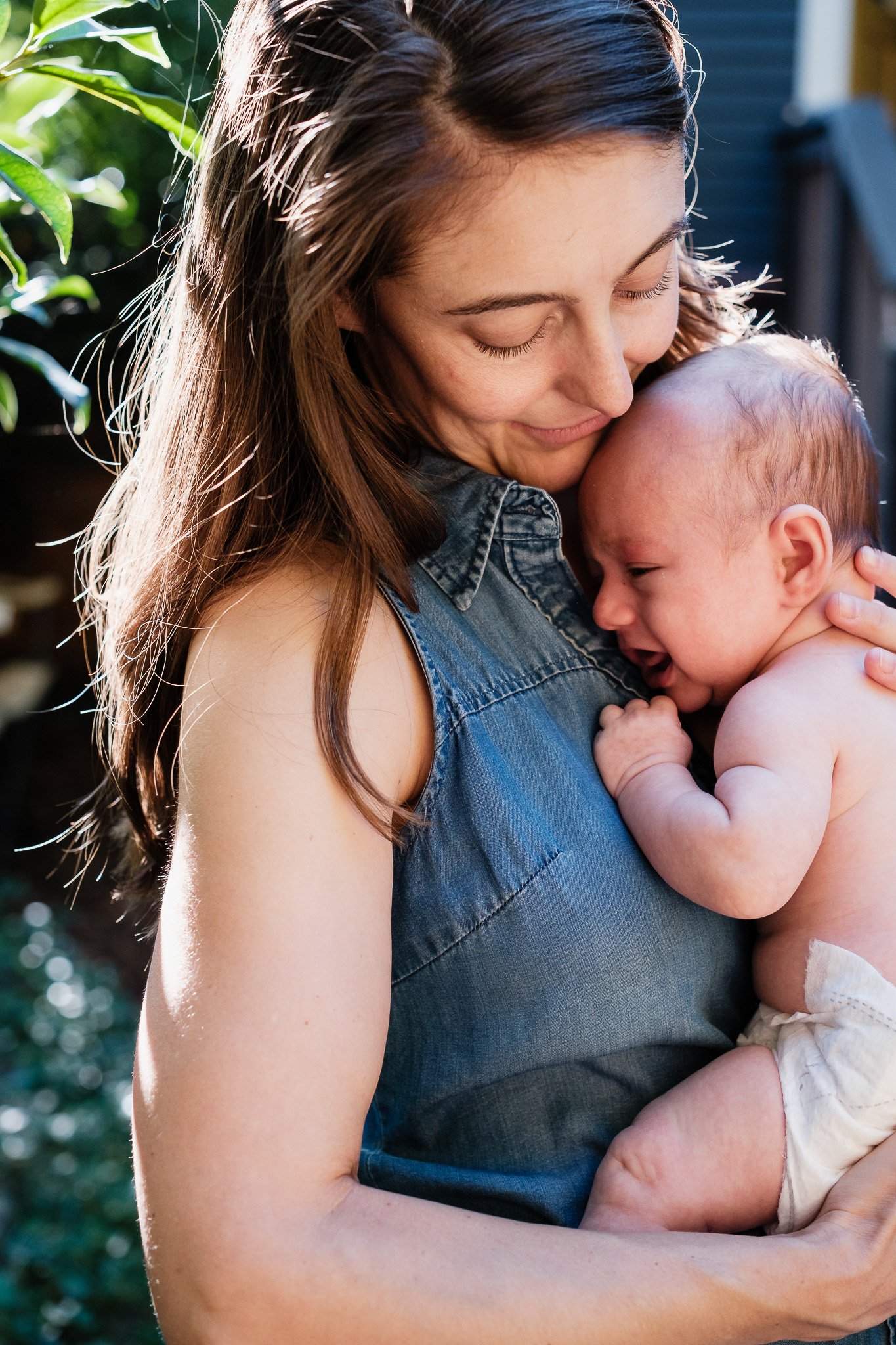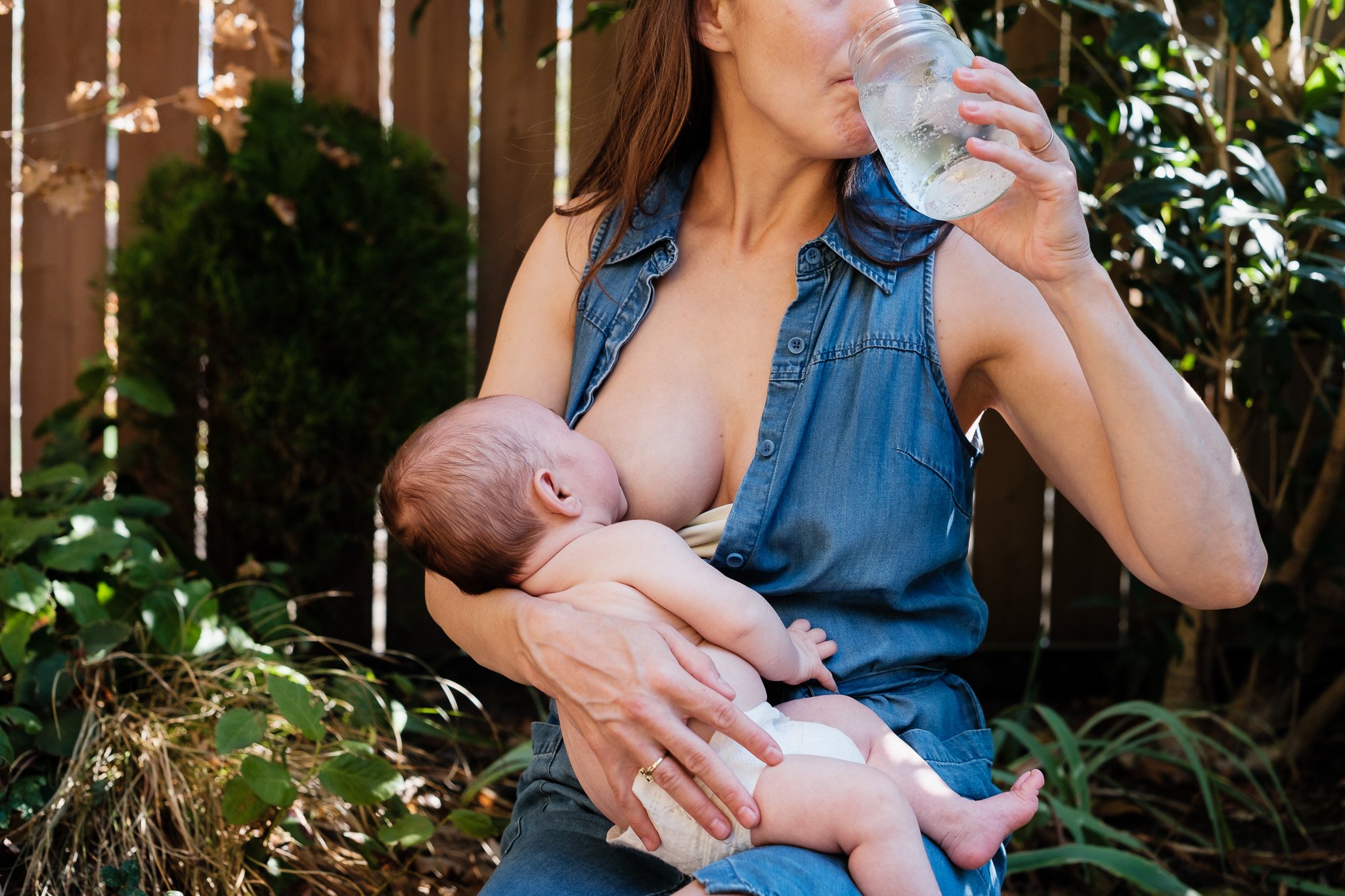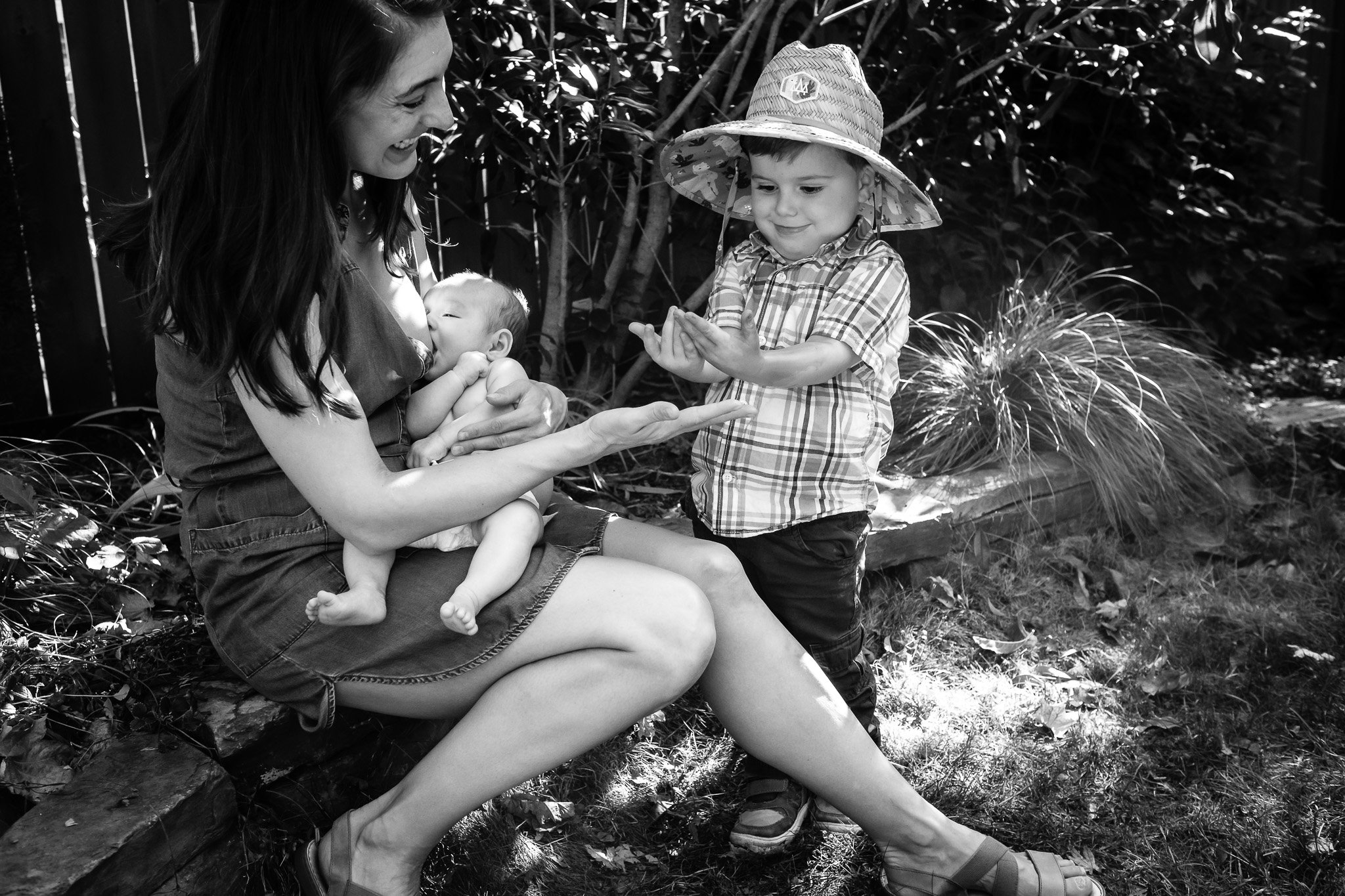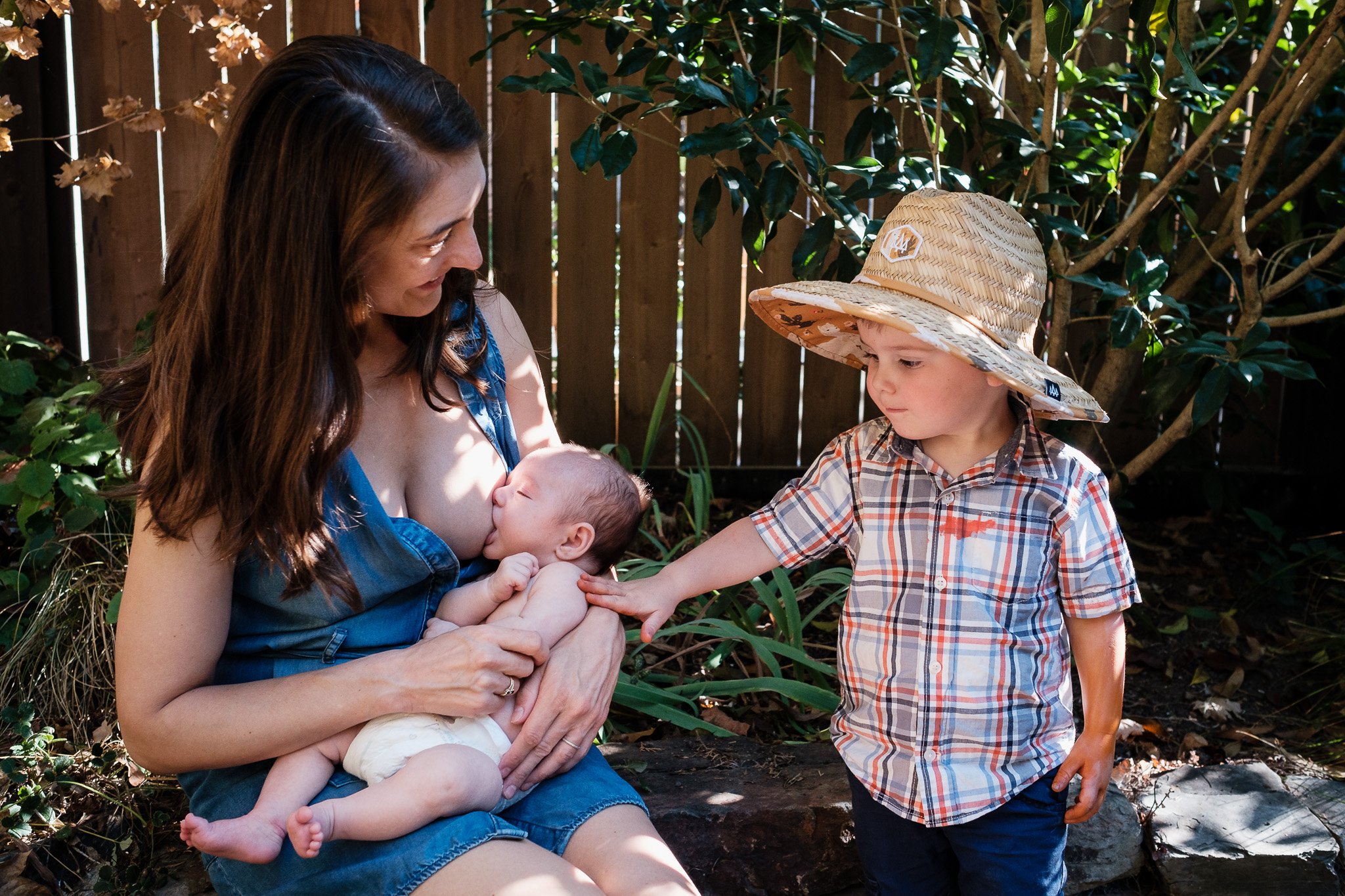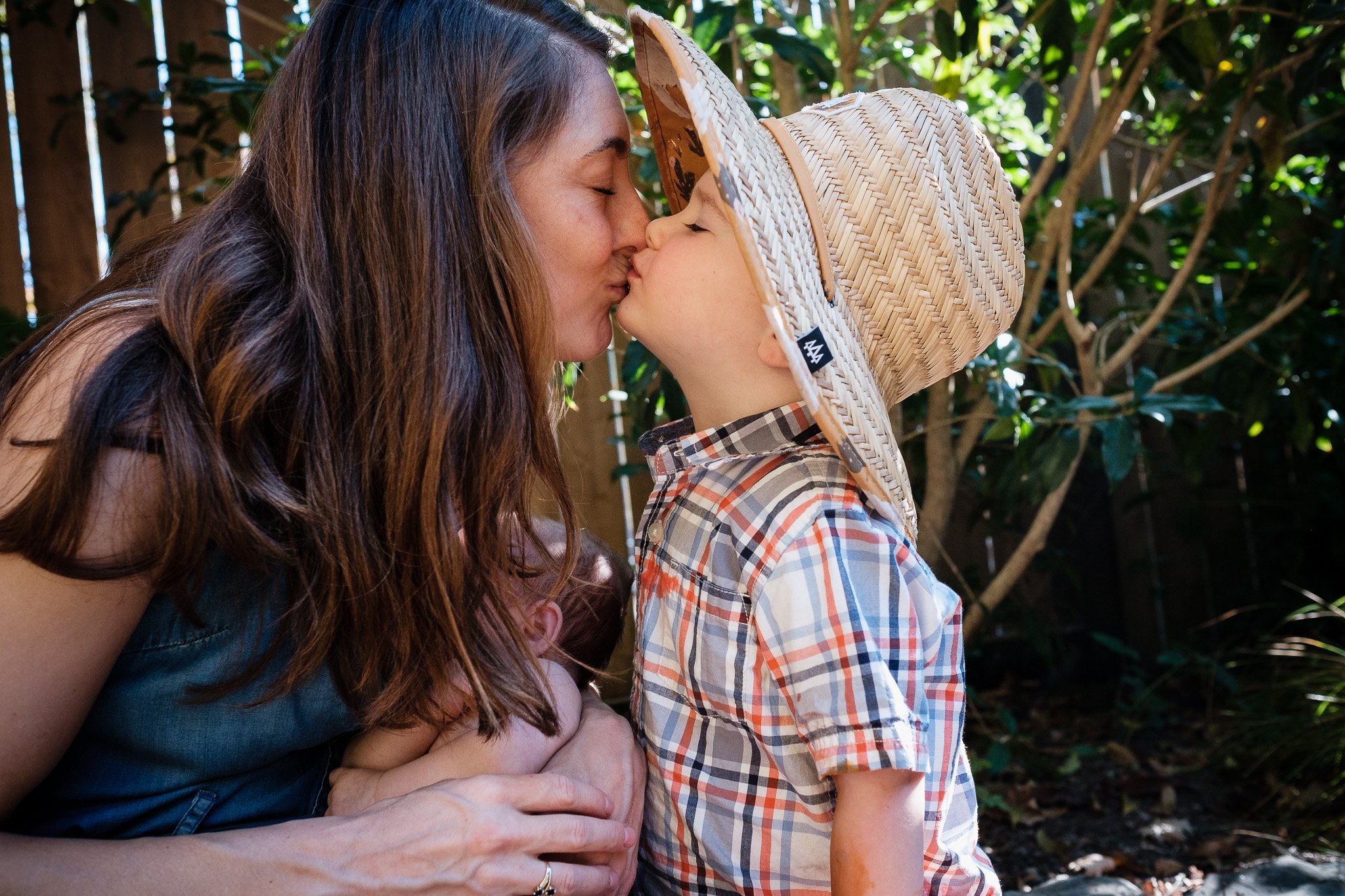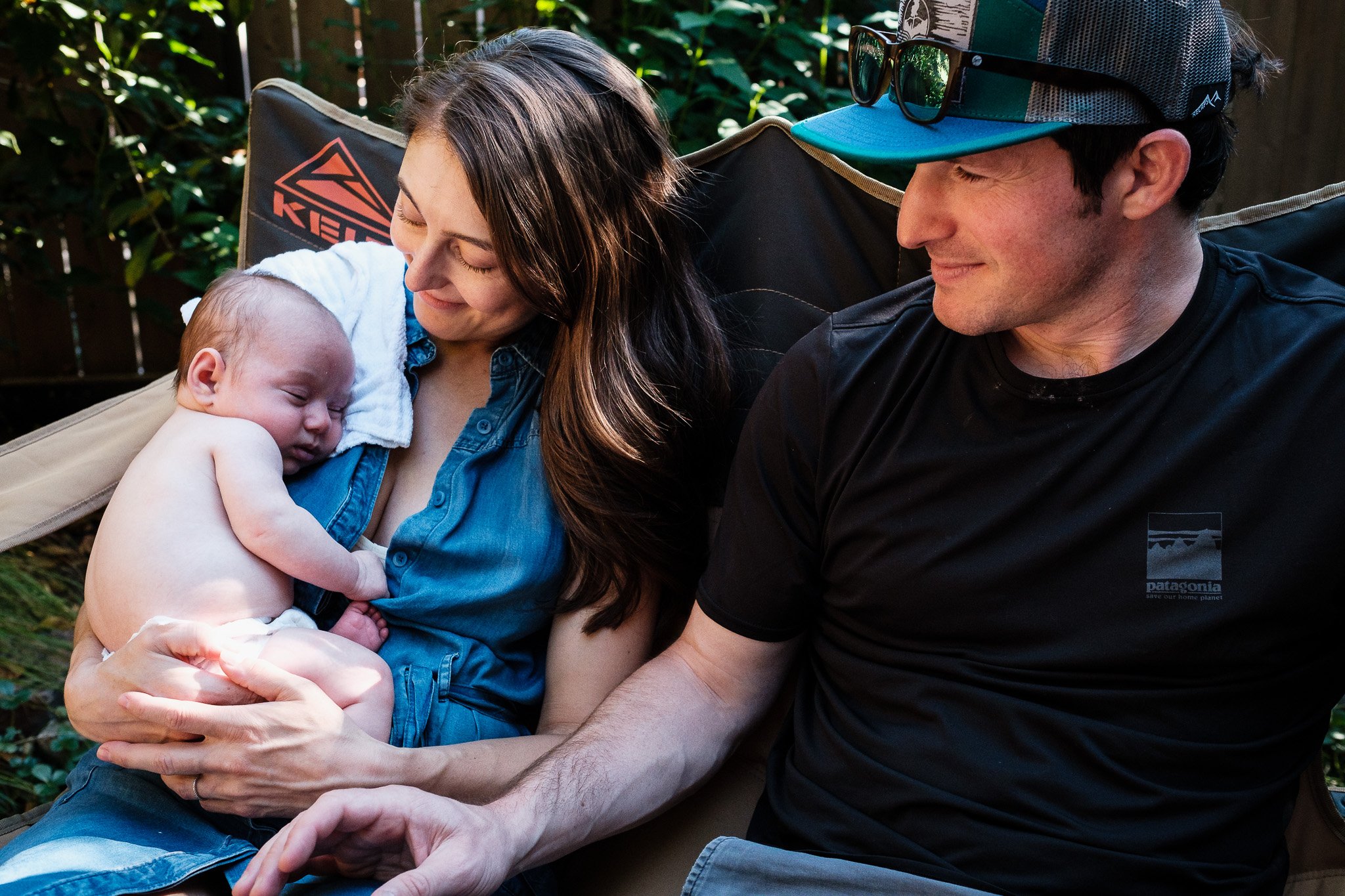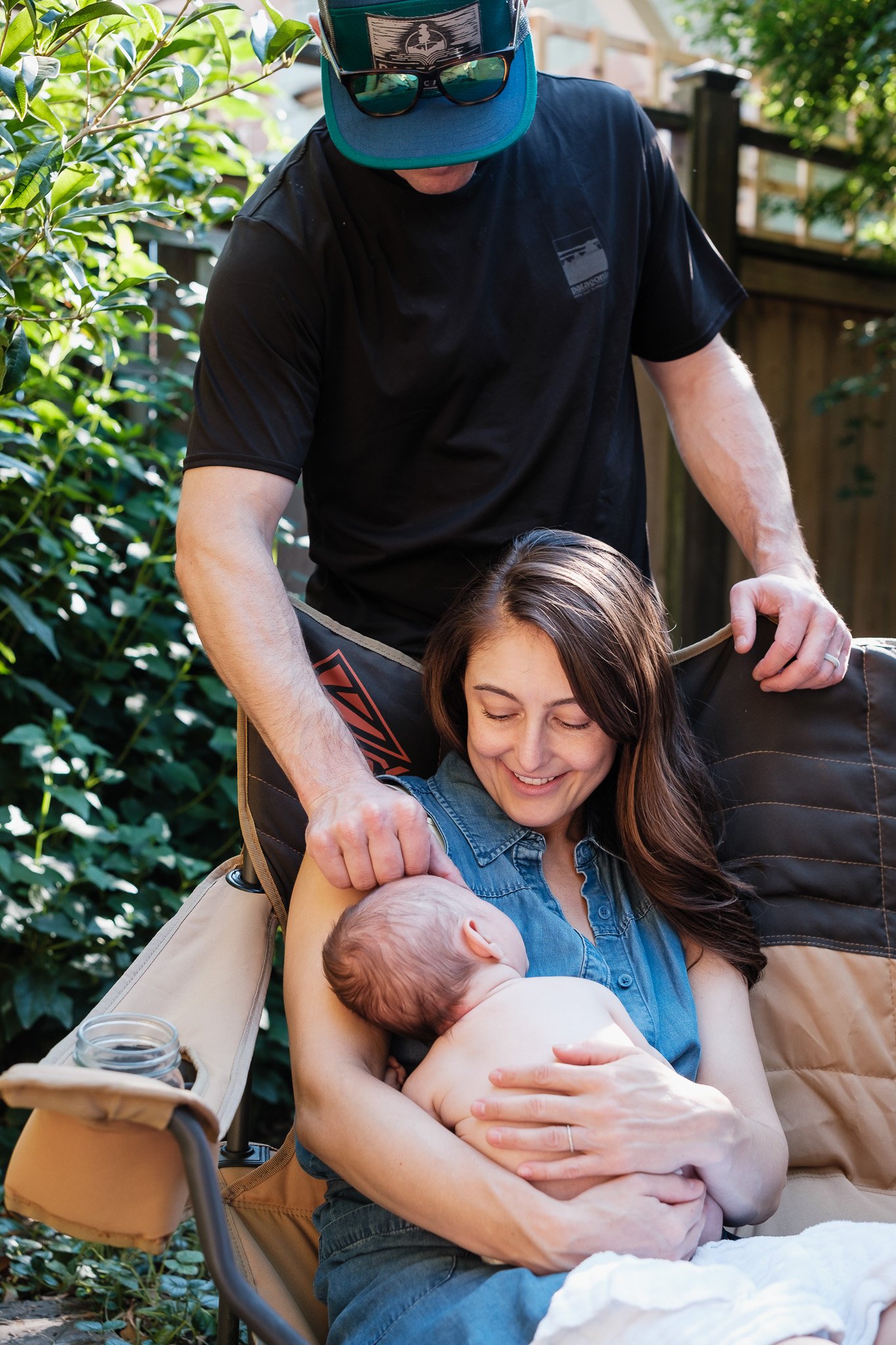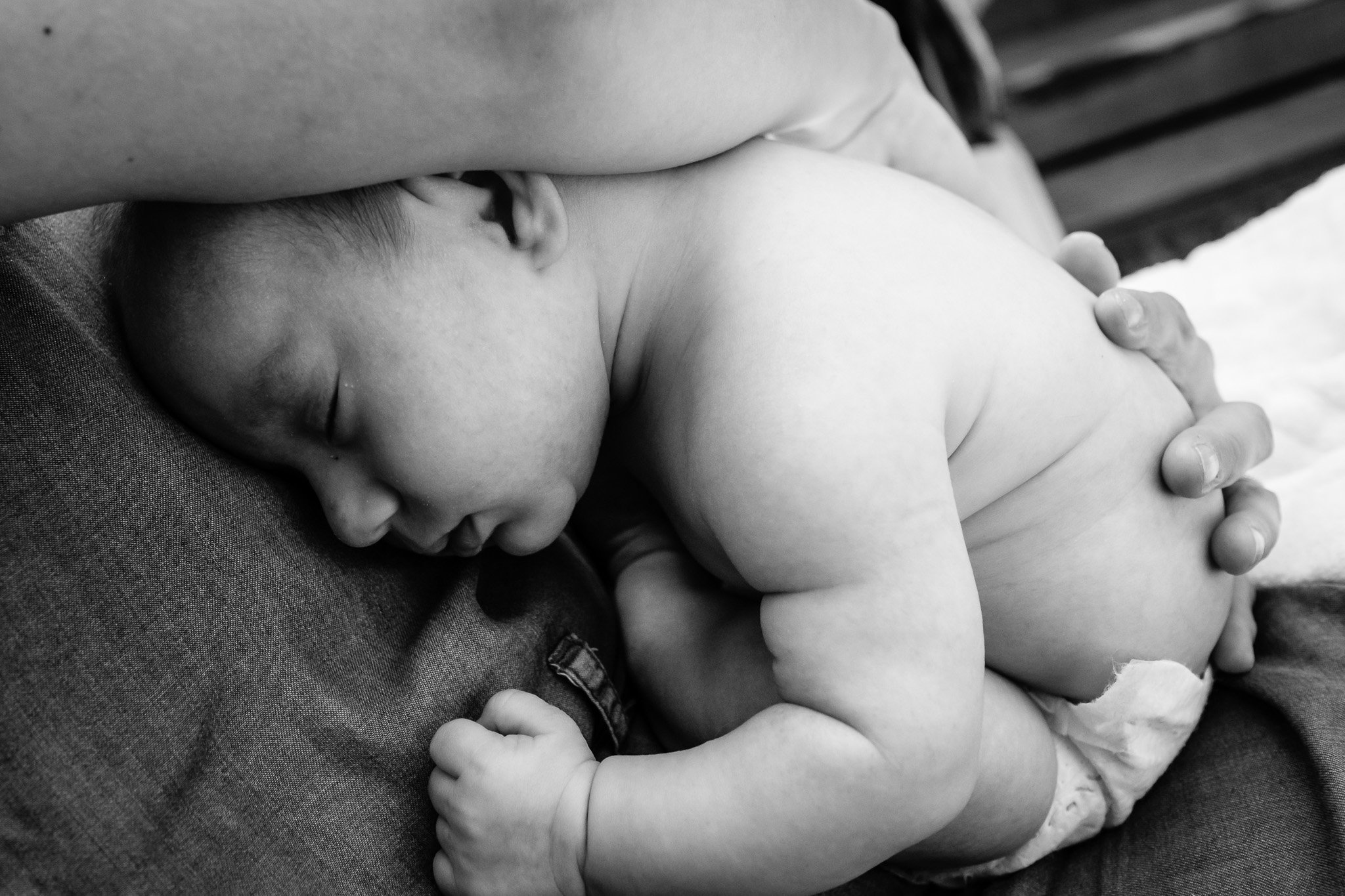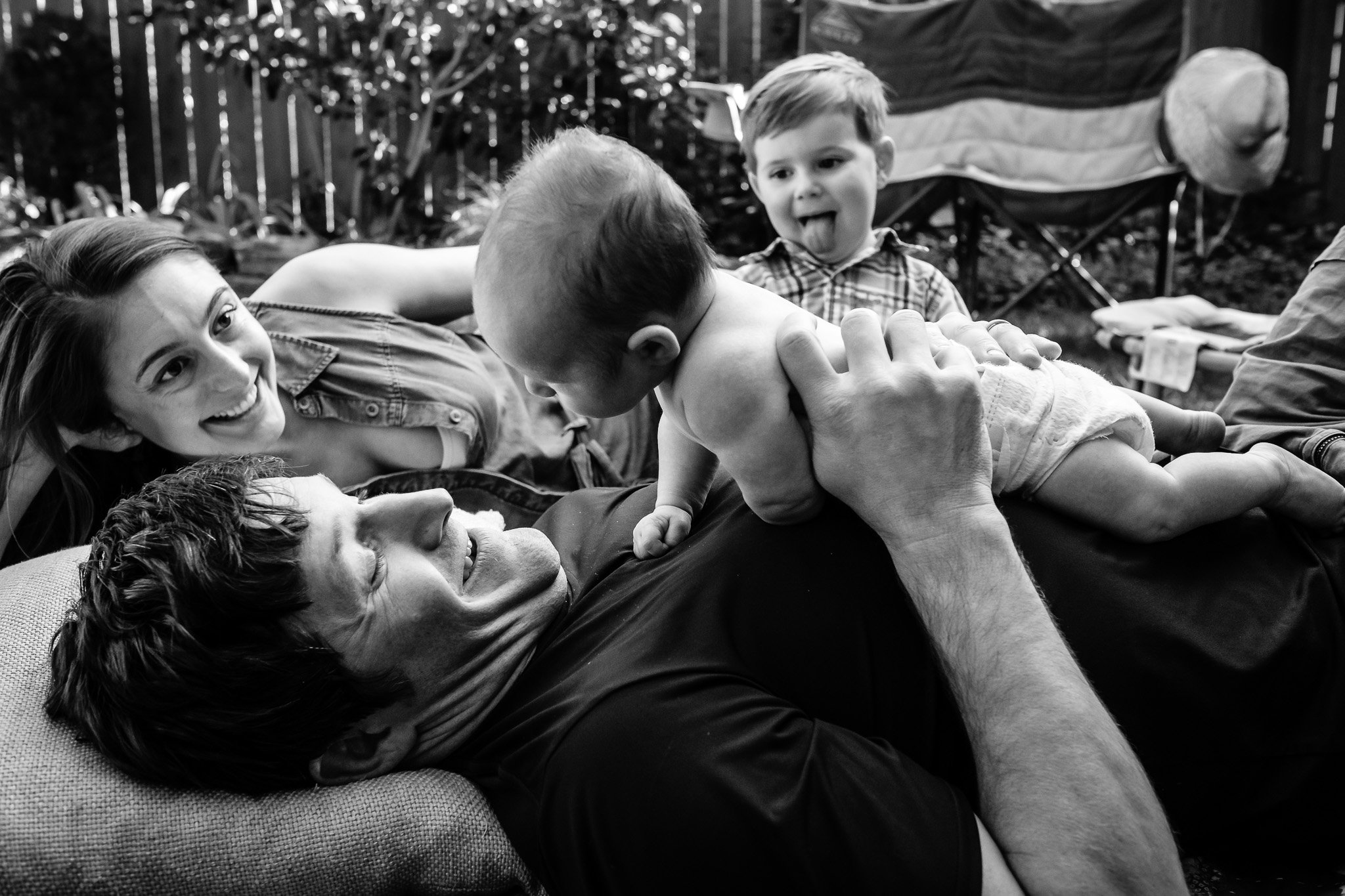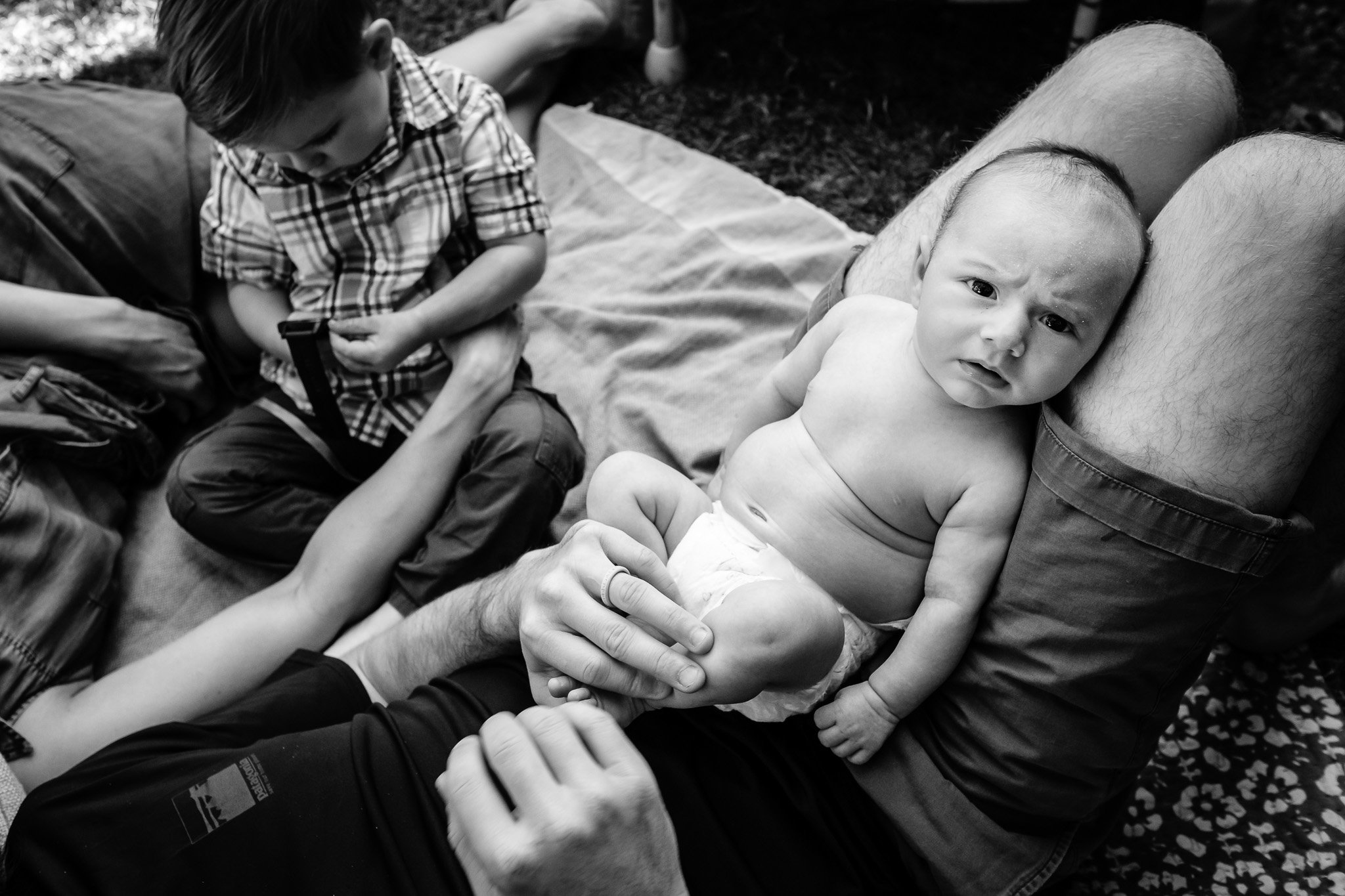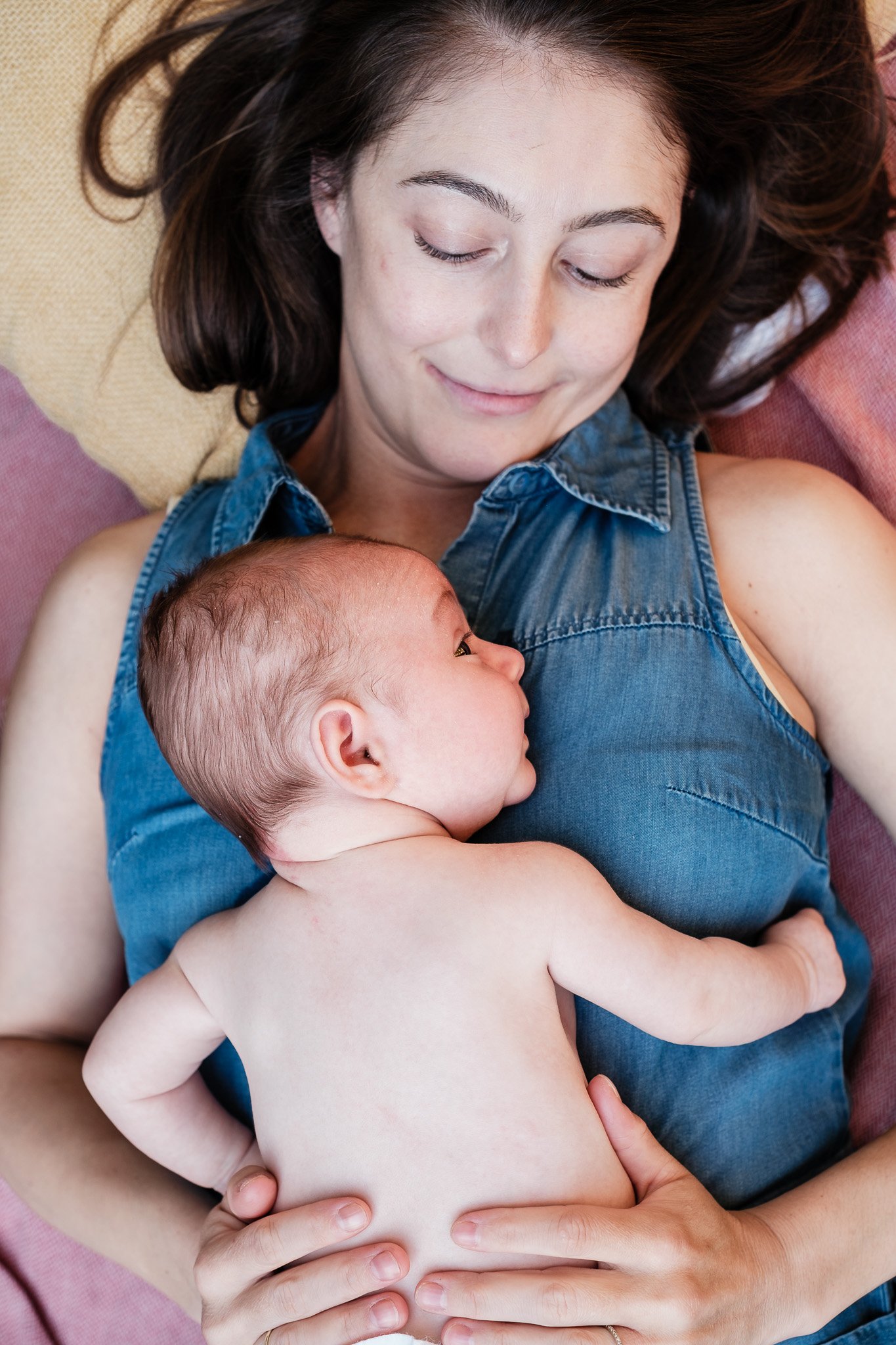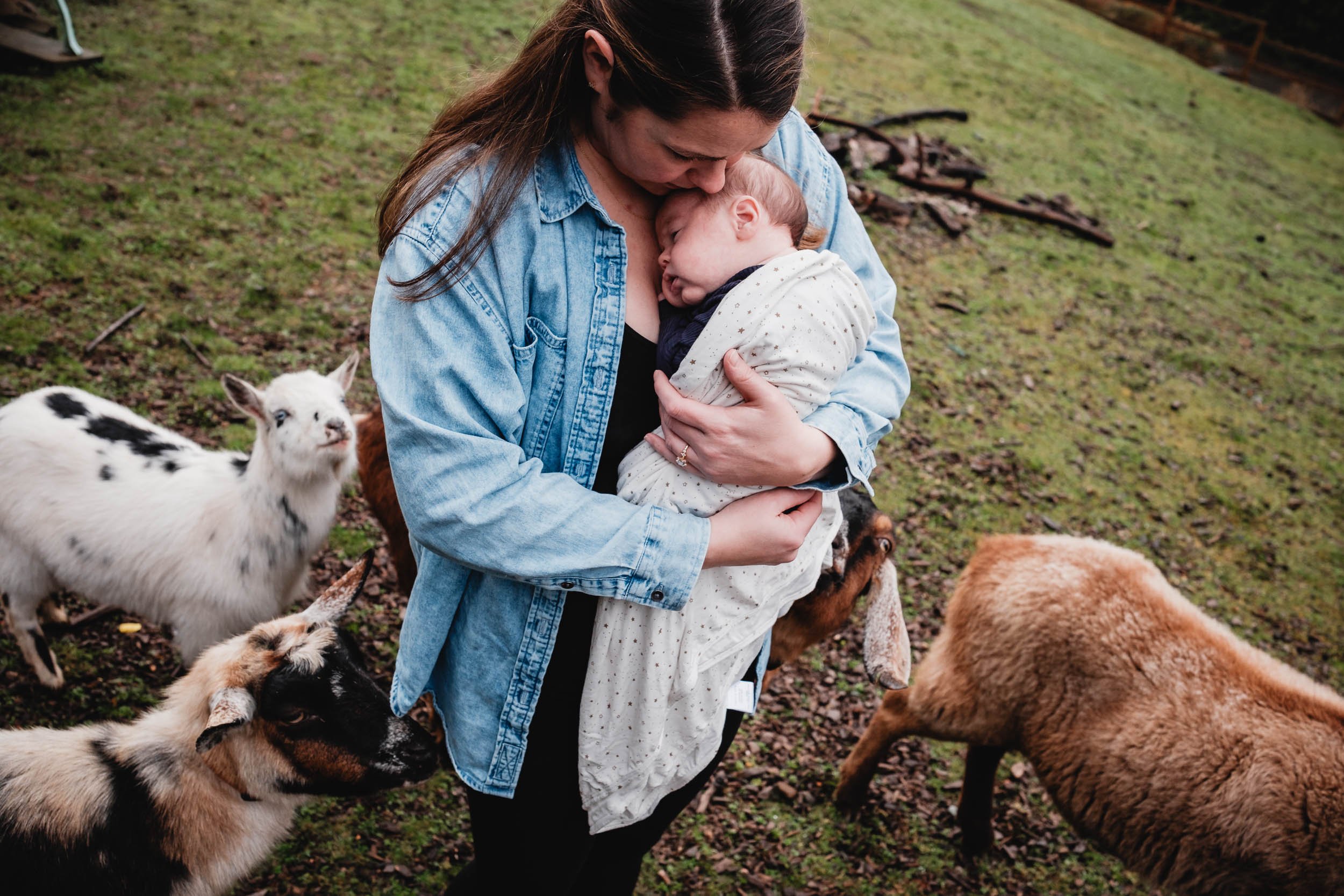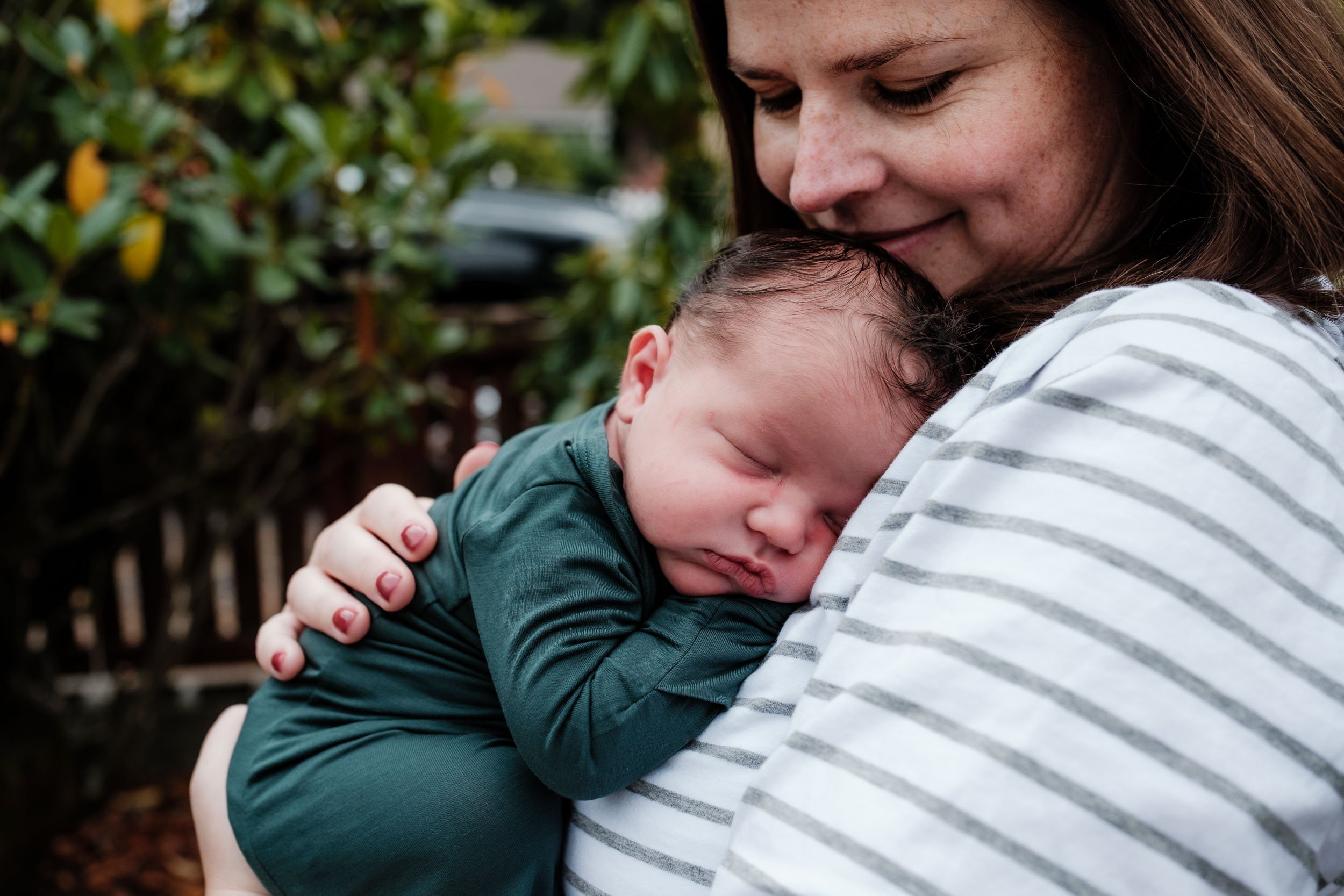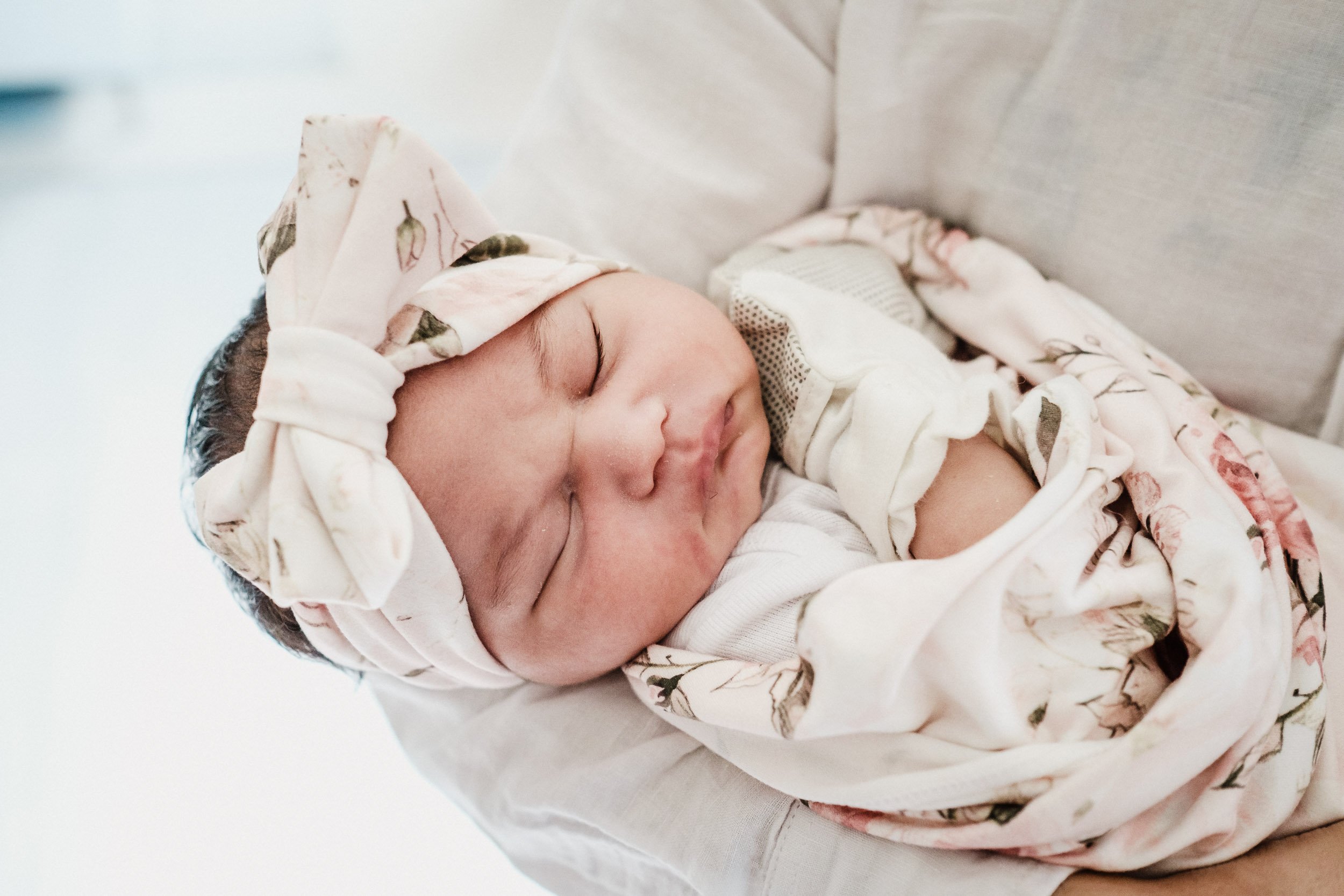Hiring a birth photographer can be a wonderful way to capture the intimate and emotional moments of your labor and delivery. But maybe you’re just not sure yet… Here are some reasons why you may want to consider hiring a birth photographer:
Capture the memories: Labor and delivery can be an intense and emotional experience, and it can be difficult to remember all of the details. A birth photographer can capture these moments for you, allowing you to revisit them and cherish them for years to come.
Professional-quality photos: While you may be able to take some photos on your own or with your partner, a professional birth photographer has the skills and equipment to capture high-quality, artistic photos that truly capture the essence of the moment.
Inclusion of partner and family: A birth photographer can also capture the reactions and emotions of your partner and family members, creating a complete story of the birth experience and allowing your partner to just soak in the moment of your child’s birth with you. If you are counting on your partner to take photos of your birth and baby guess who won’t be in those photos? The person behind the camera (or phone). Hiring a birth photographer gives them the chance to really be there with you every step of the way.
Emotional support: Some birth photographers also provide emotional support during labor and delivery, offering encouragement and support to the laboring person and their partner. Even if I am just taking photos, I’m still there to support you emotionally when wanted or needed.
Unique perspective: A birth photographer can capture angles and moments that you may not have been able to see or remember, providing a unique perspective on the birth experience. I hear this one from parents who have been there before, they are probably on their second or third baby and they really want to see what’s happening during their birth. They know from experience, when you are in the thick of it, you just can’t see or remember everything. And trust me, you’ll want to.
Privacy: A birth photographer can respect your privacy by only sharing photos that you are comfortable with and ensuring that they are shared in a safe and respectful manner. I never ever share any photos without consent. In the end, these photos are for you and your family.
Overall, hiring a birth photographer can be a wonderful way to capture and remember the intimate and emotional moments of your labor and delivery. It is important to choose a photographer who is experienced in birth photography and who you feel comfortable with, as they will be present during a vulnerable and emotional time. Follow the link below to read 10 questions you should ask a birth photographer during a consultation.



